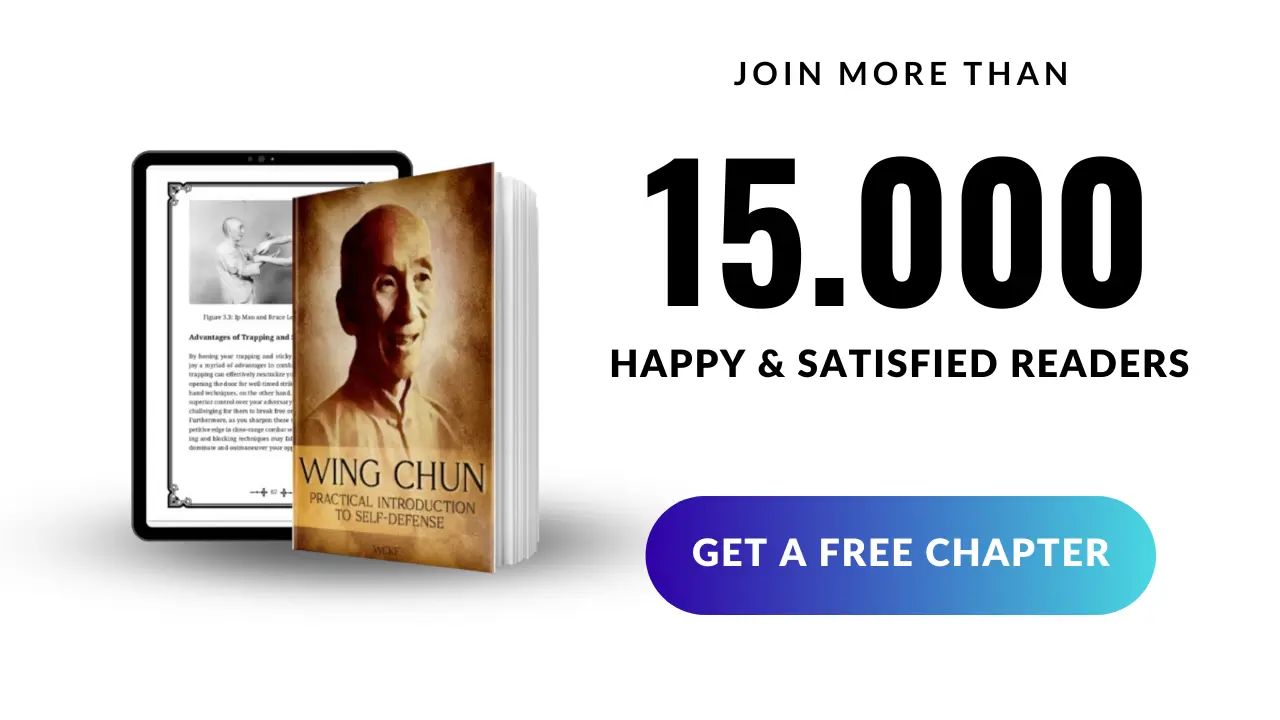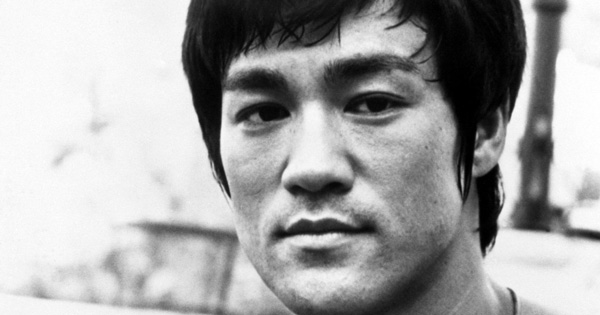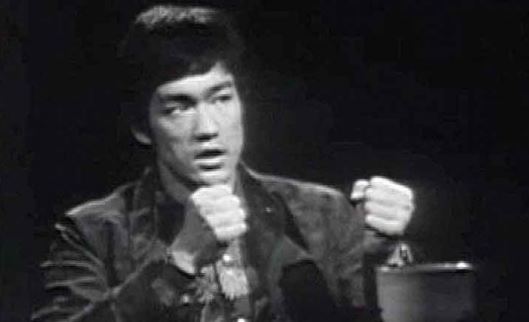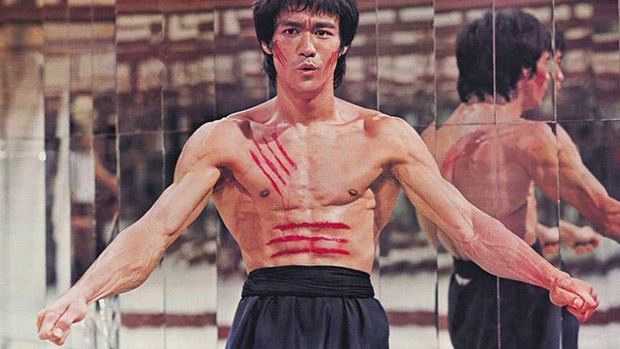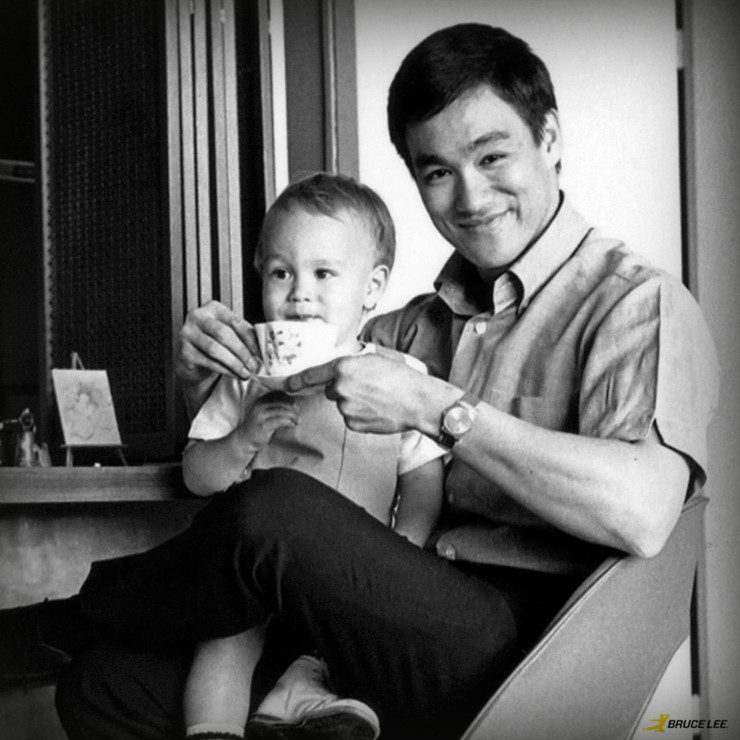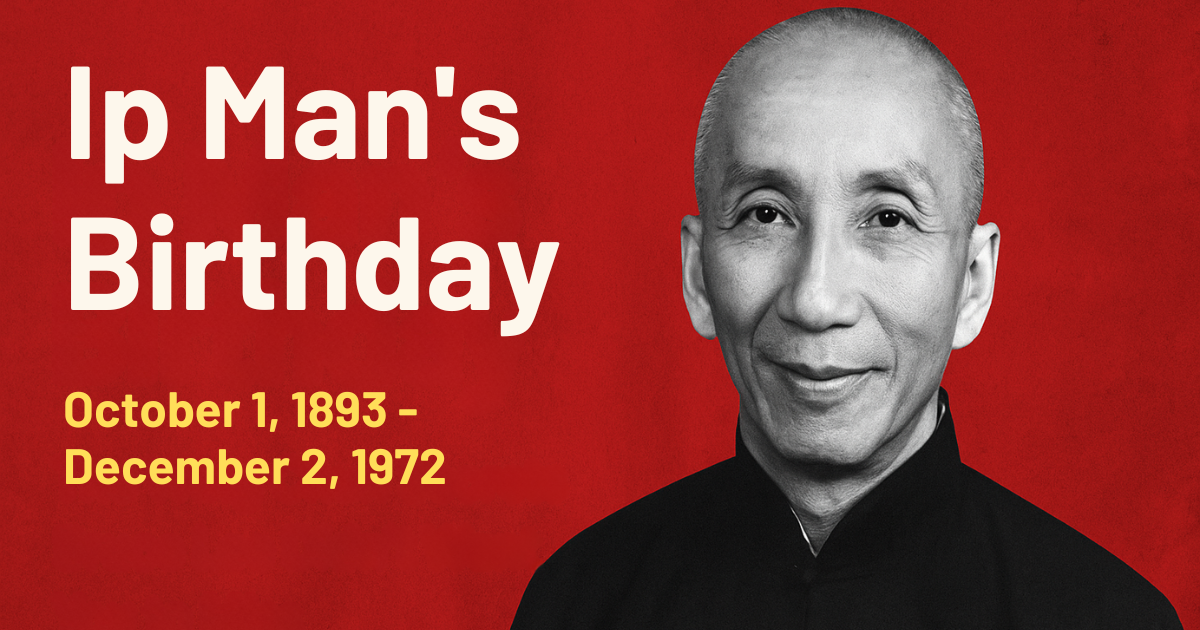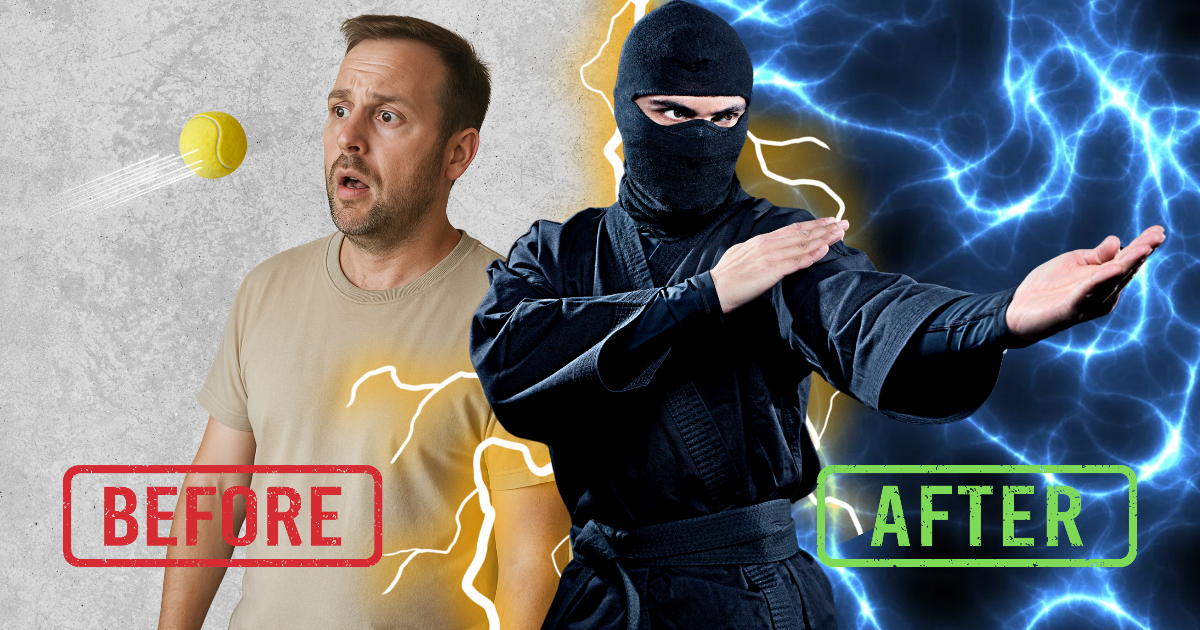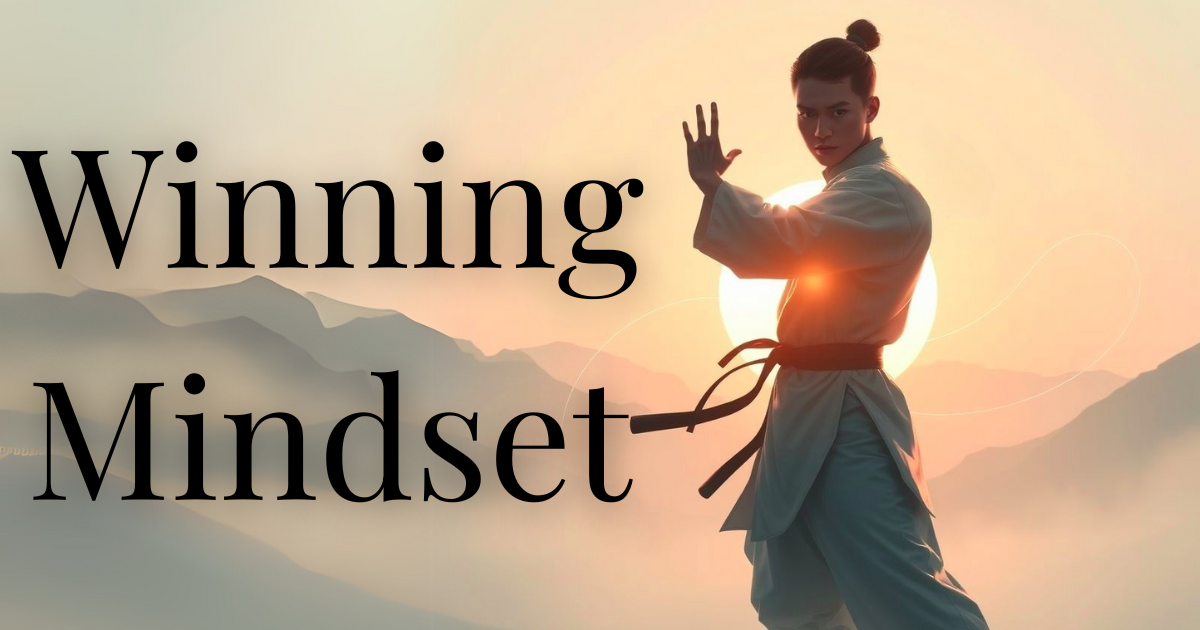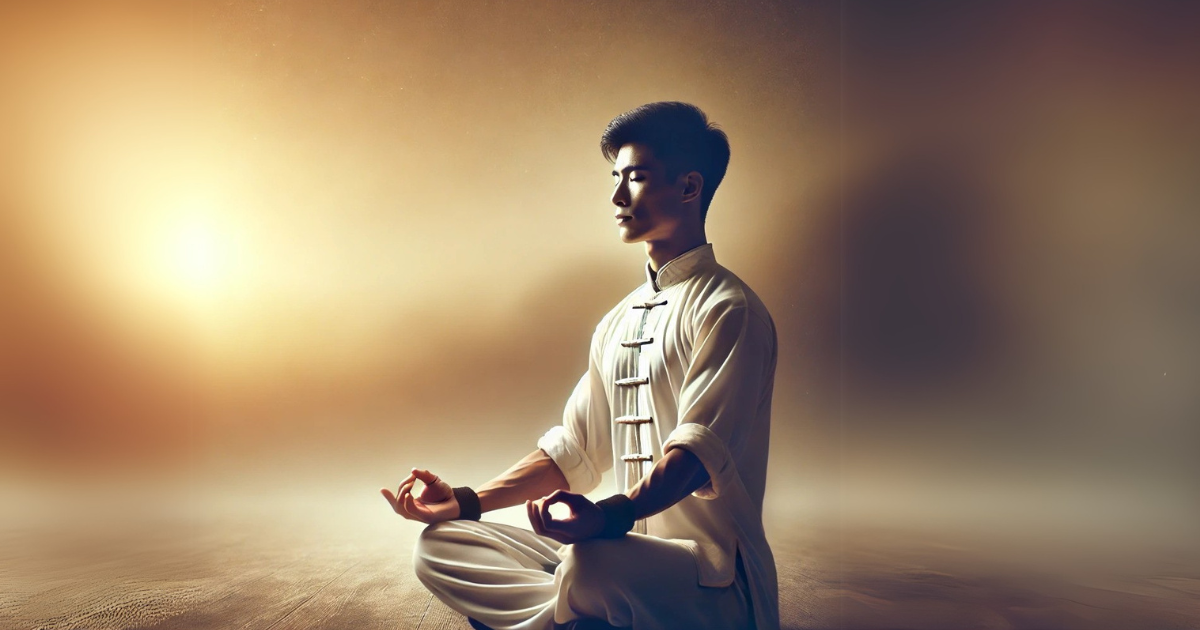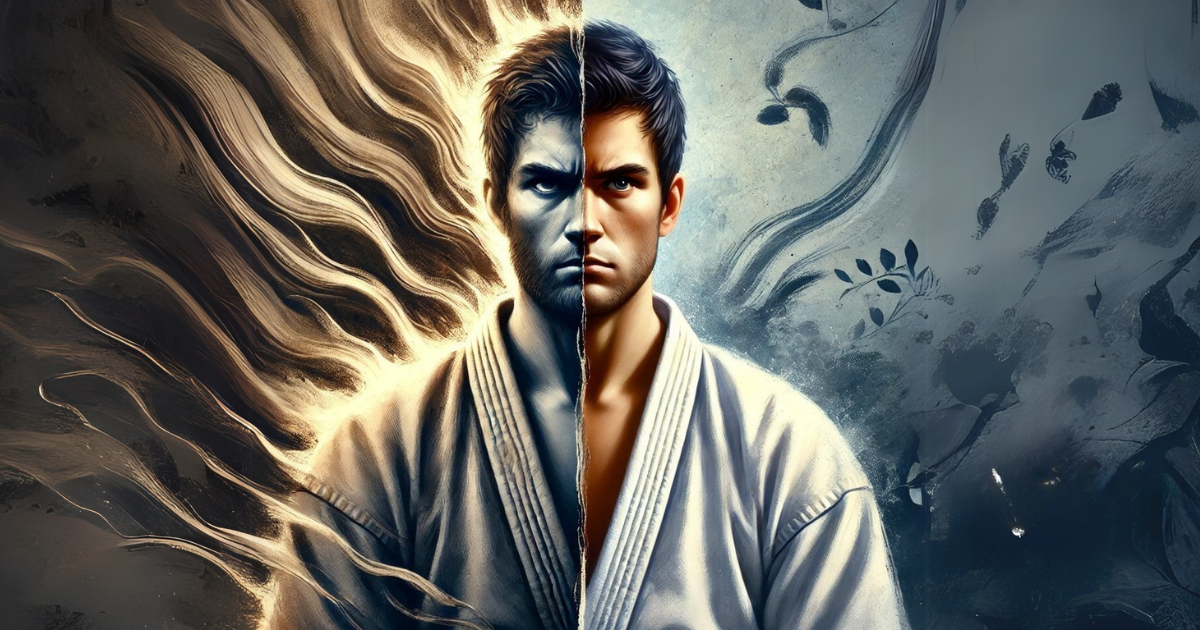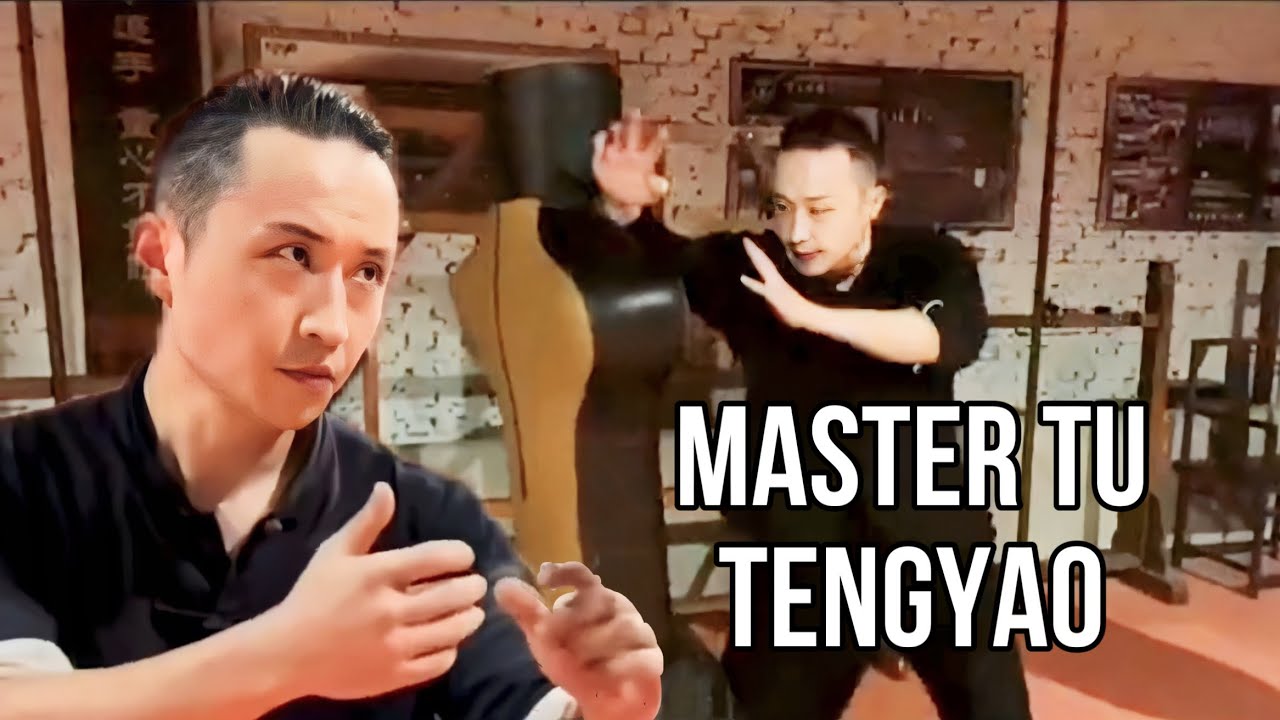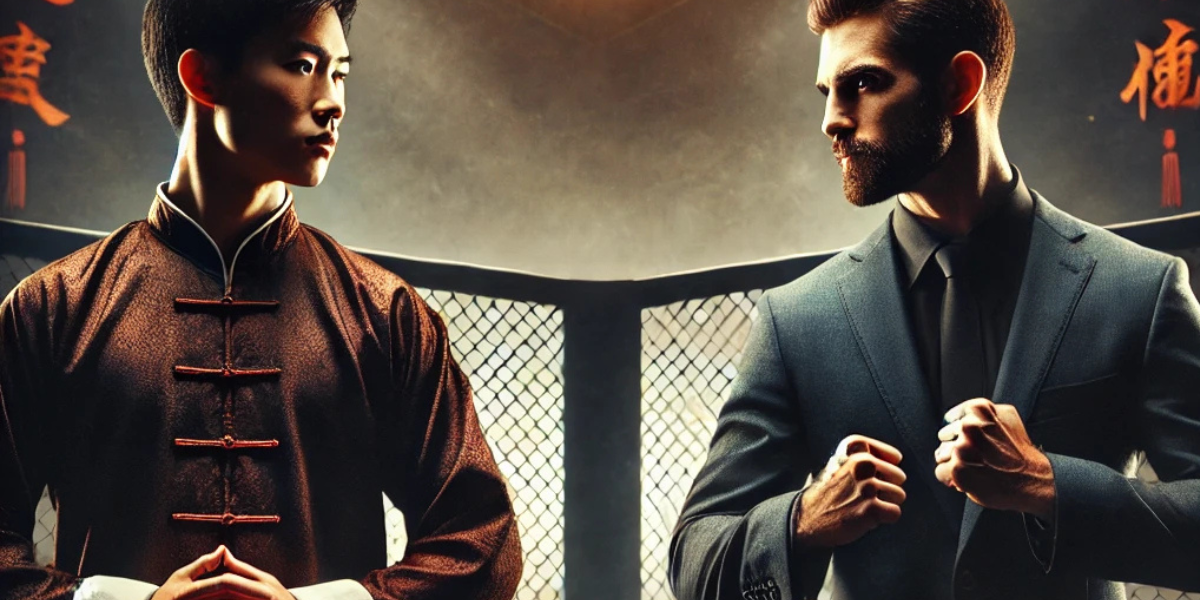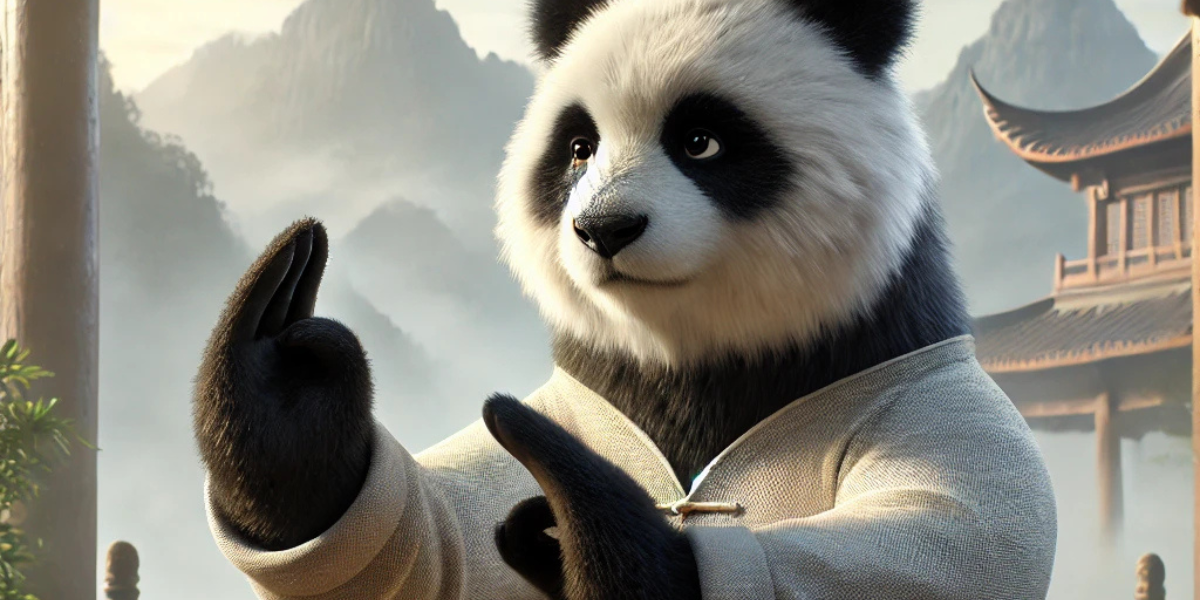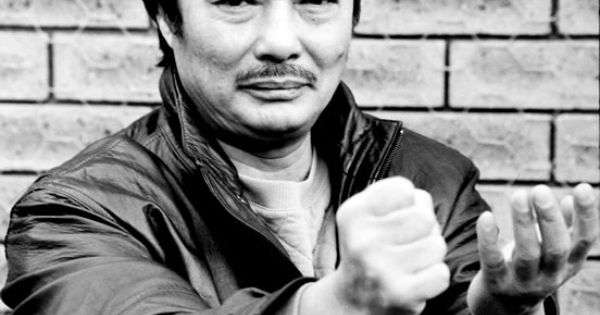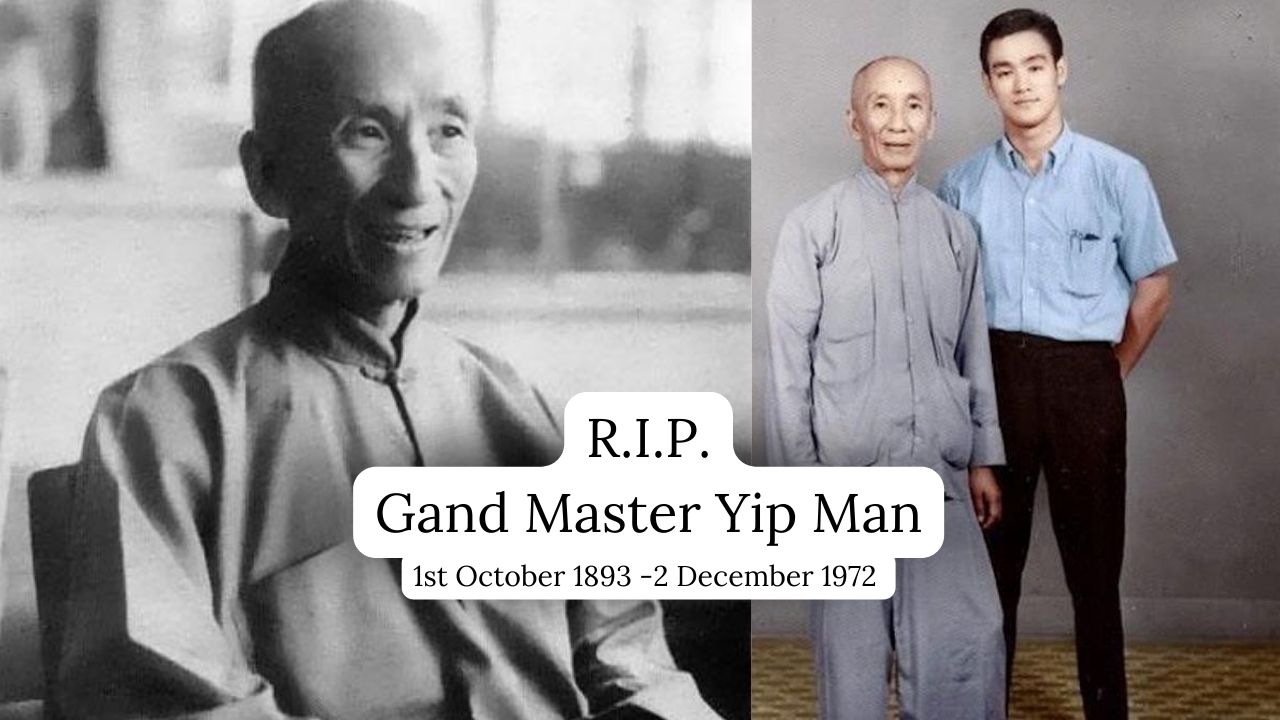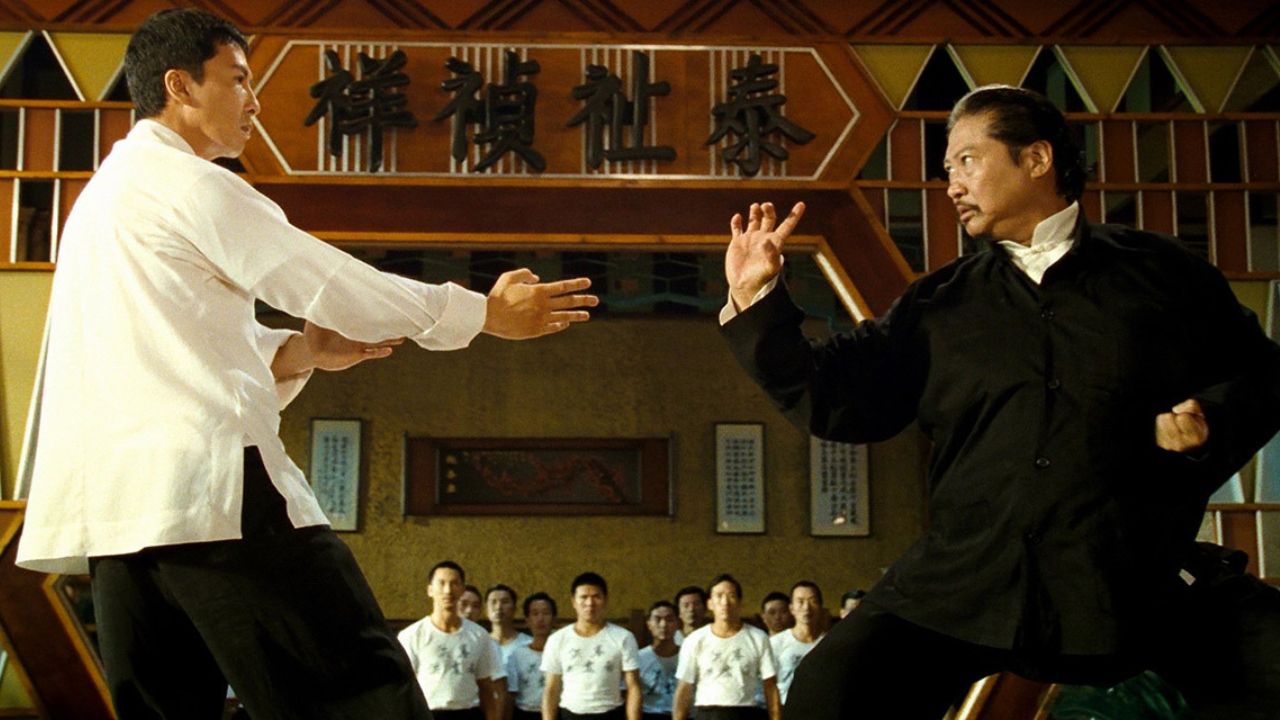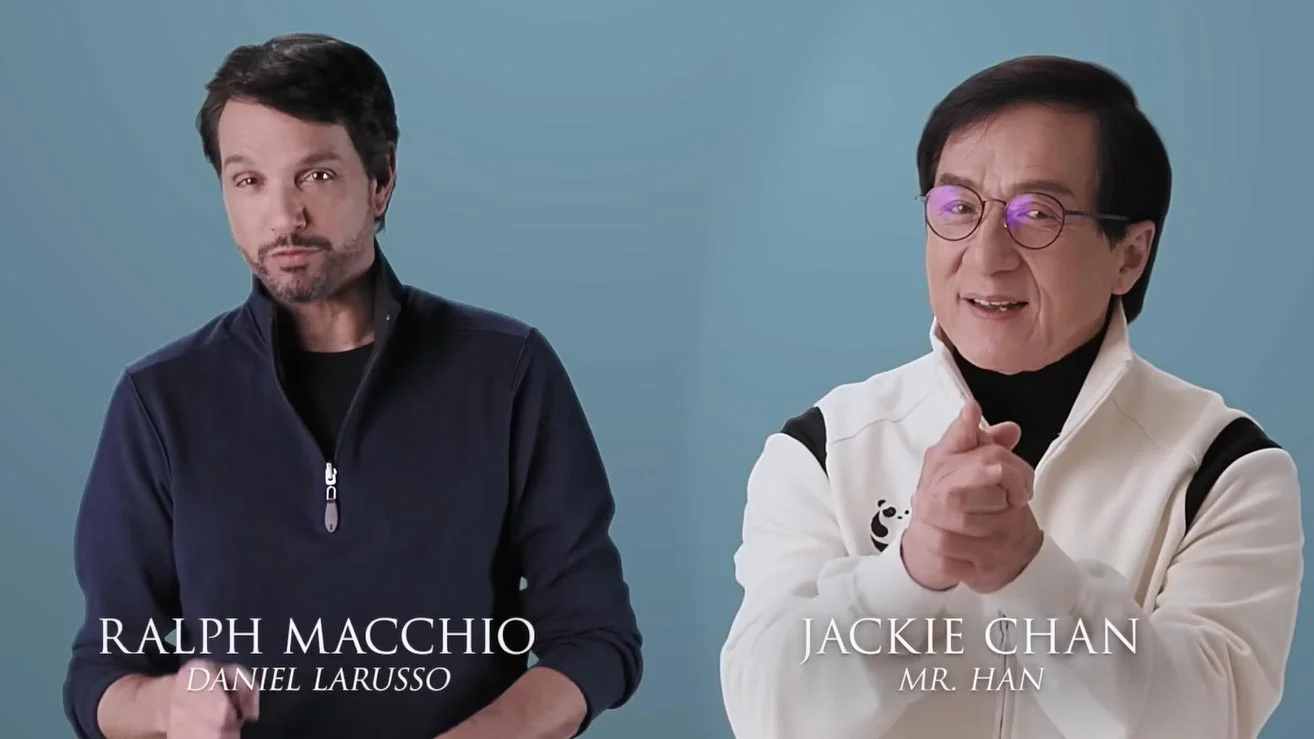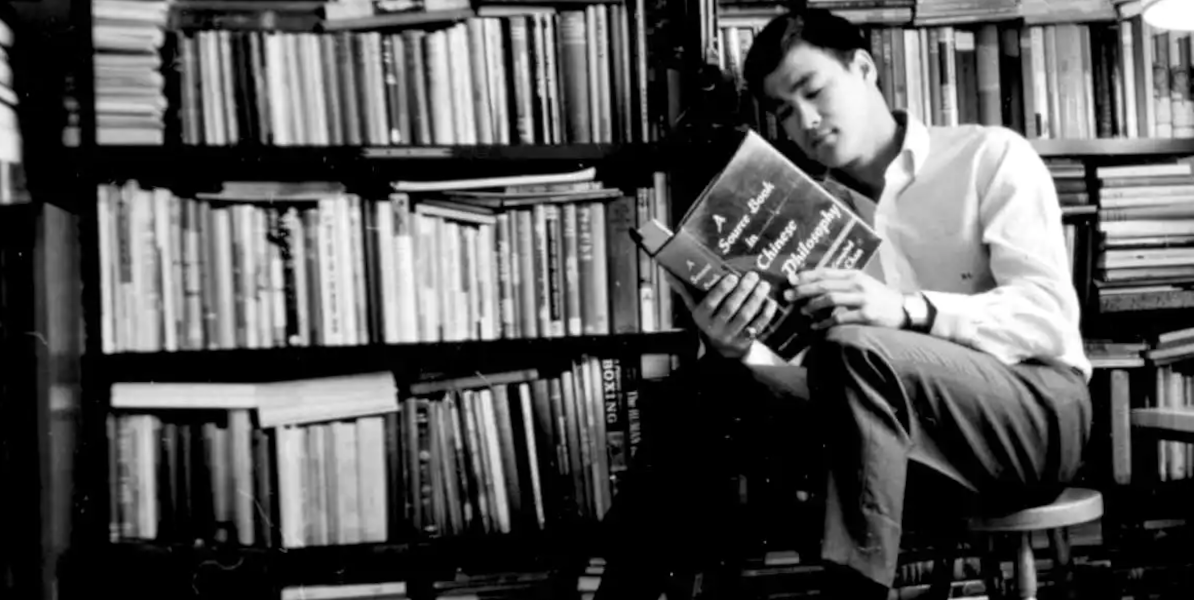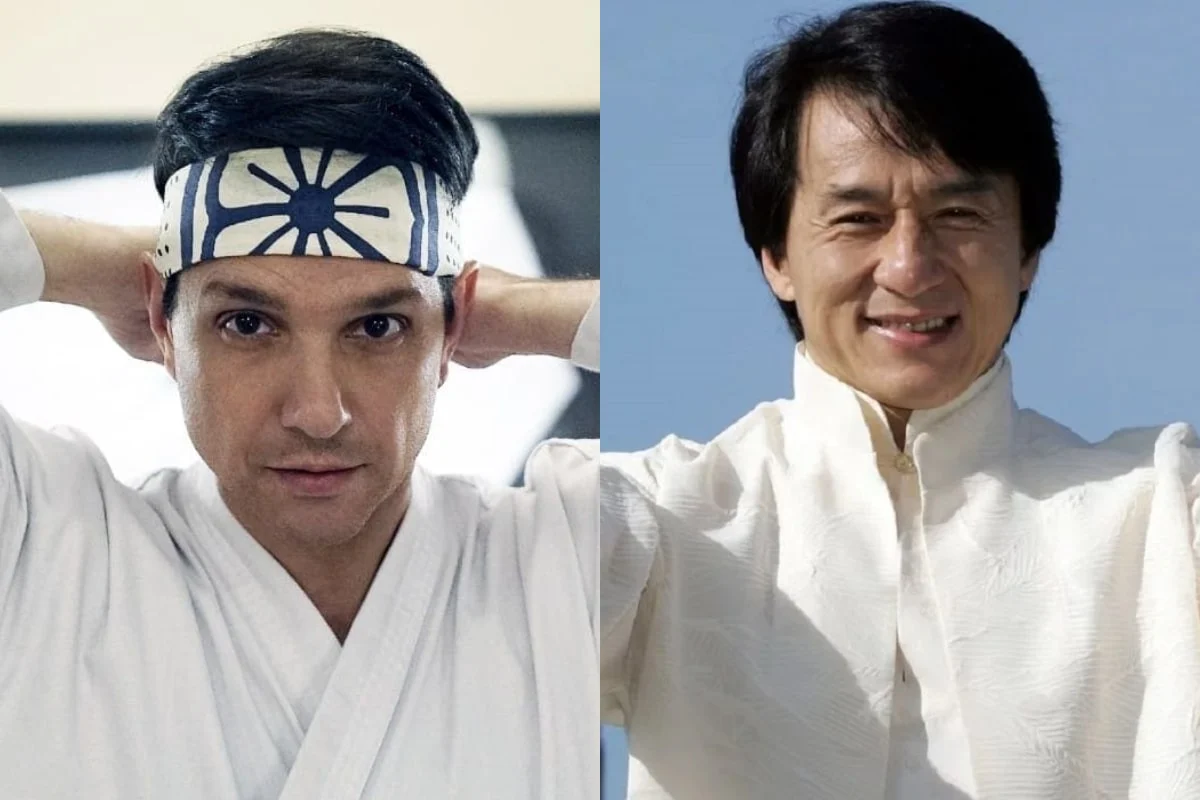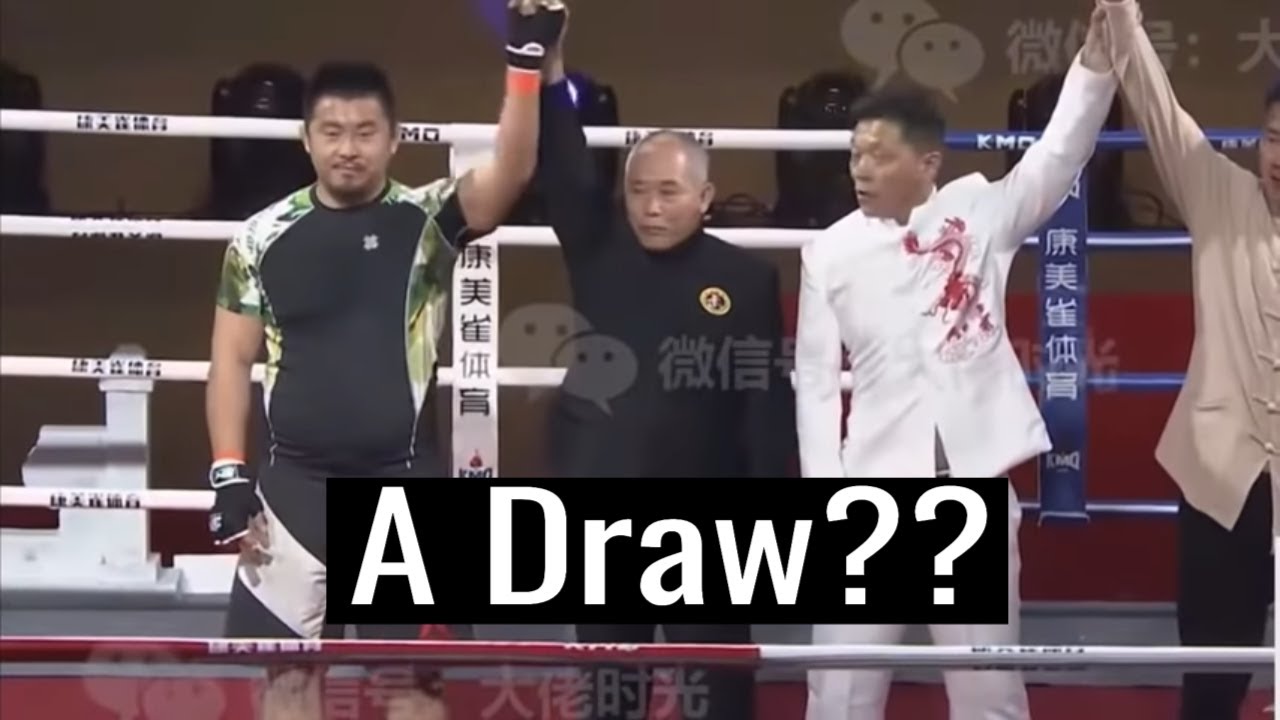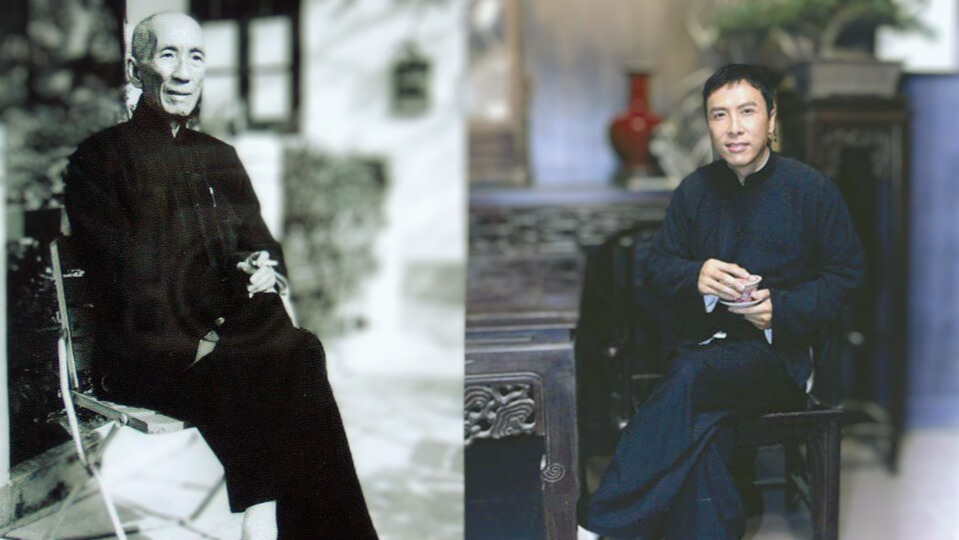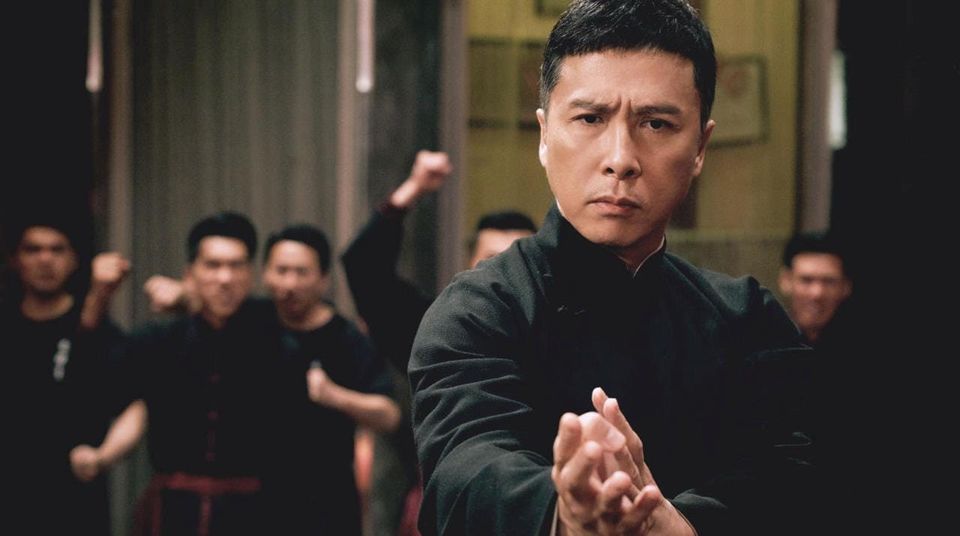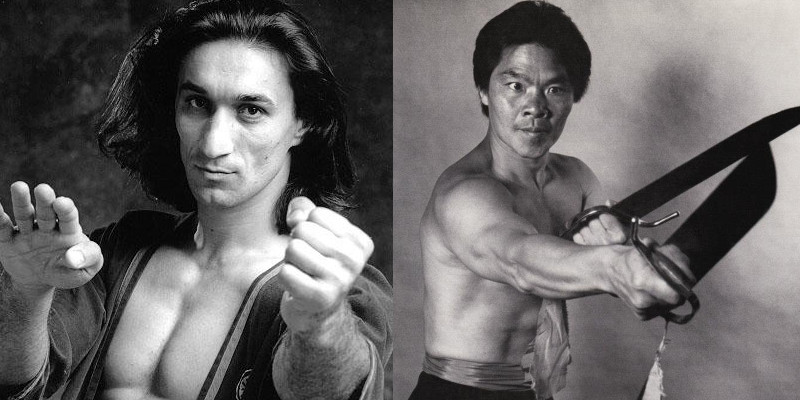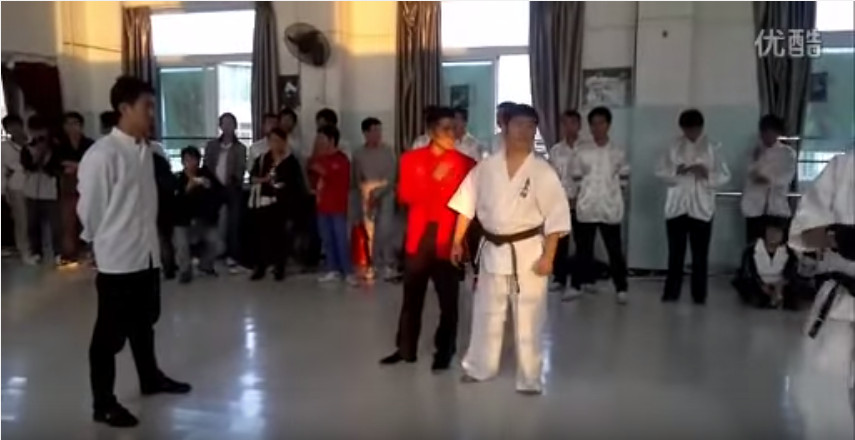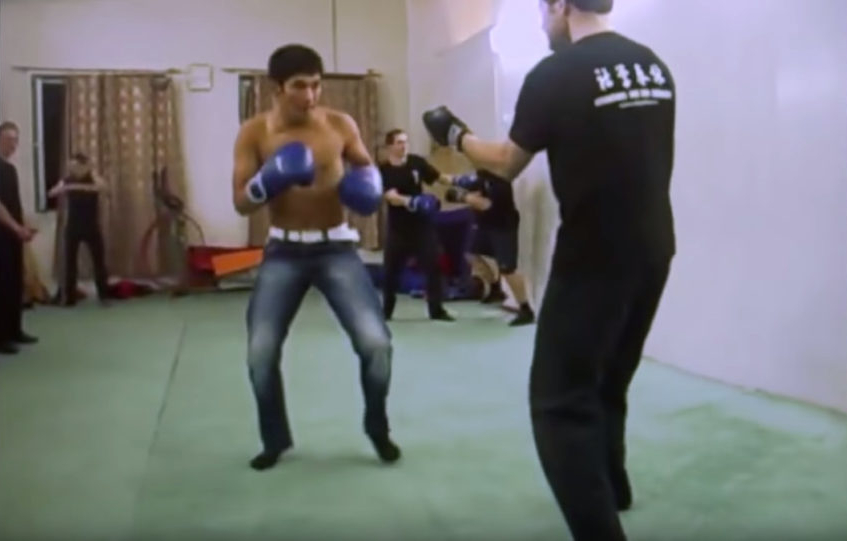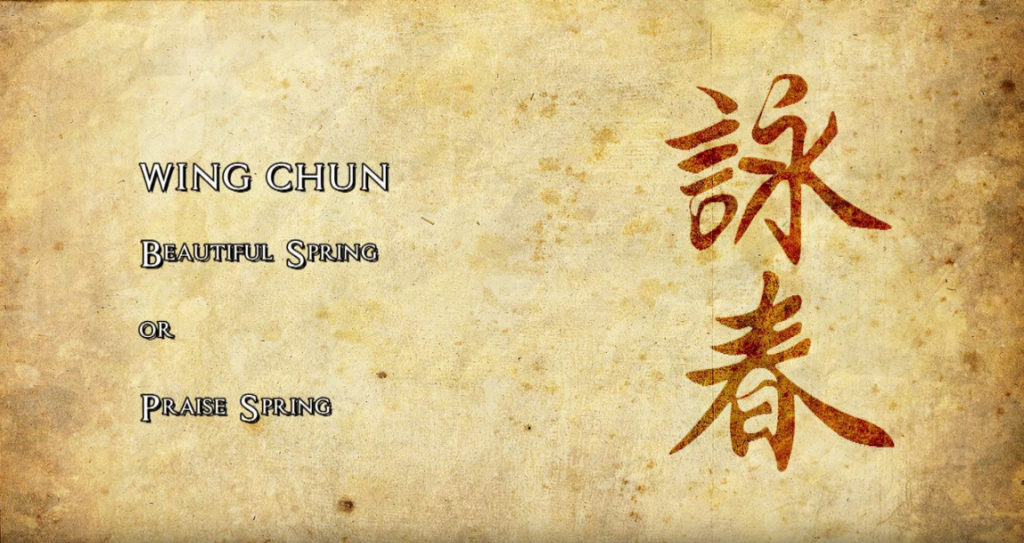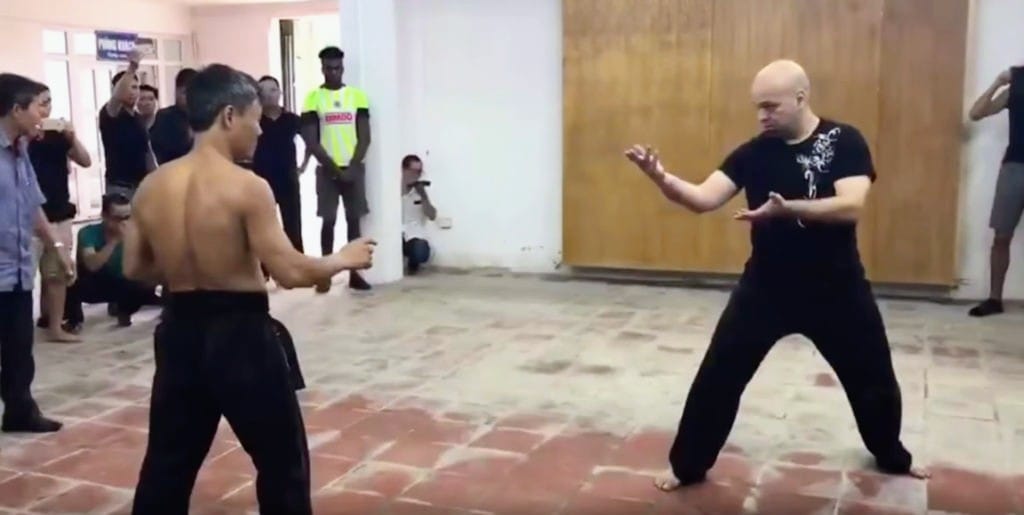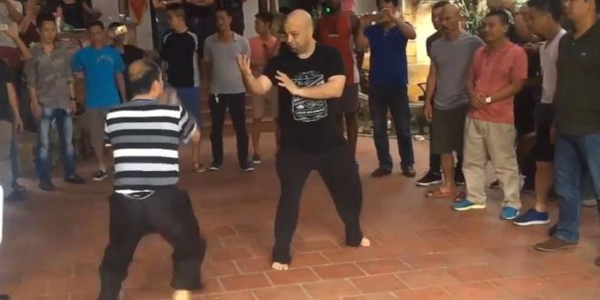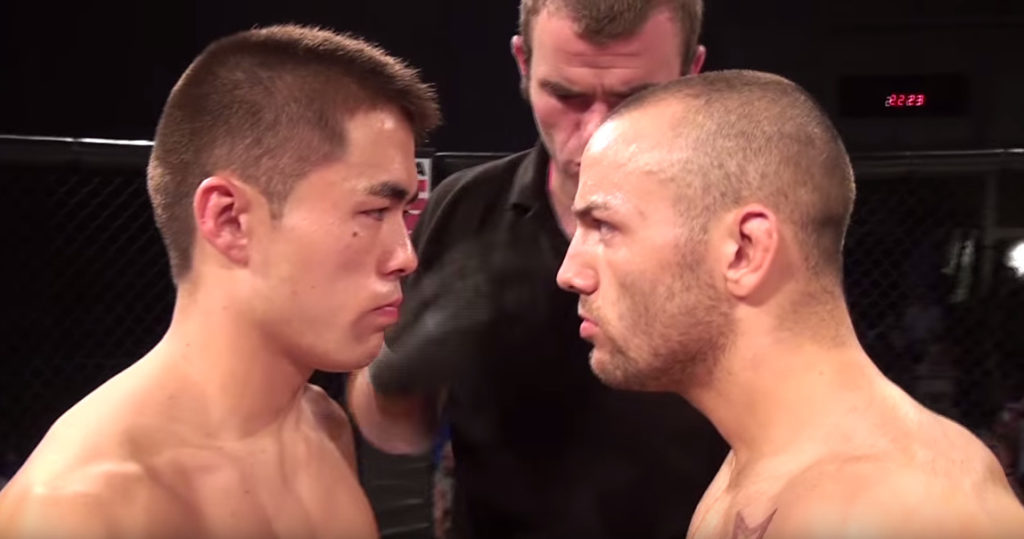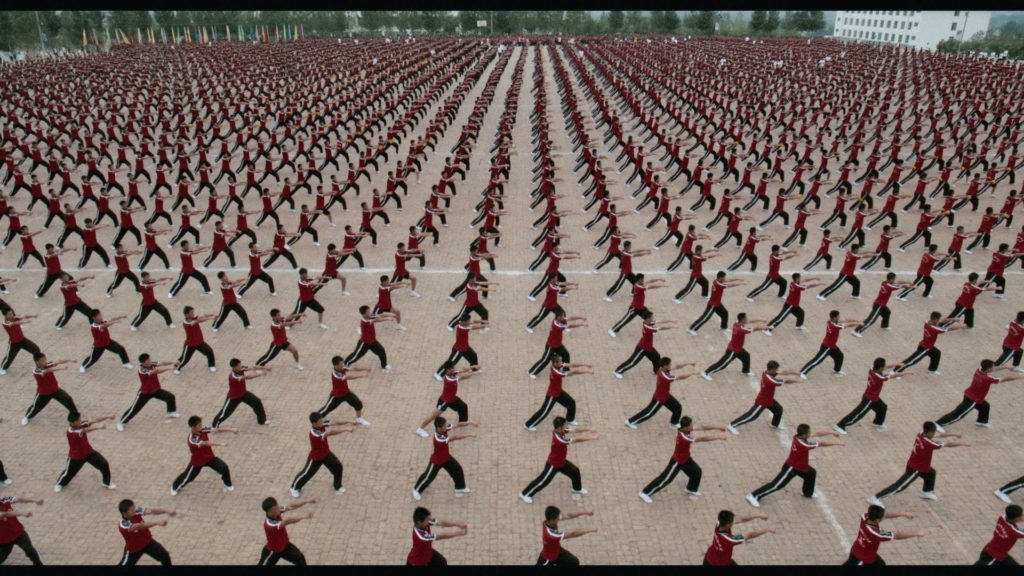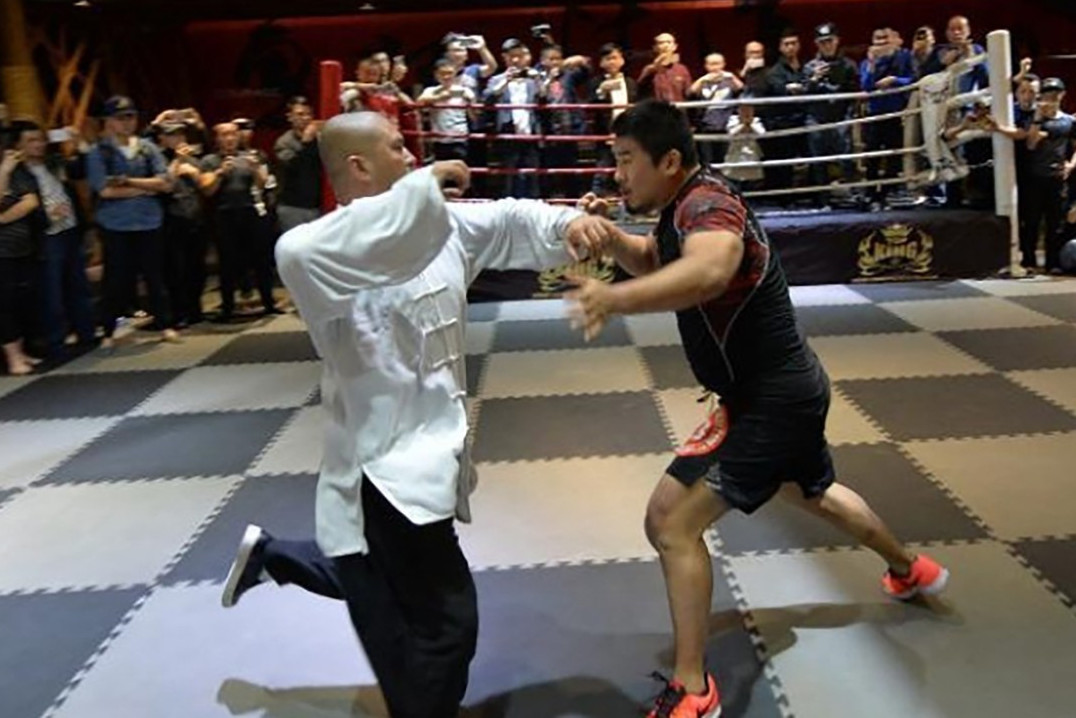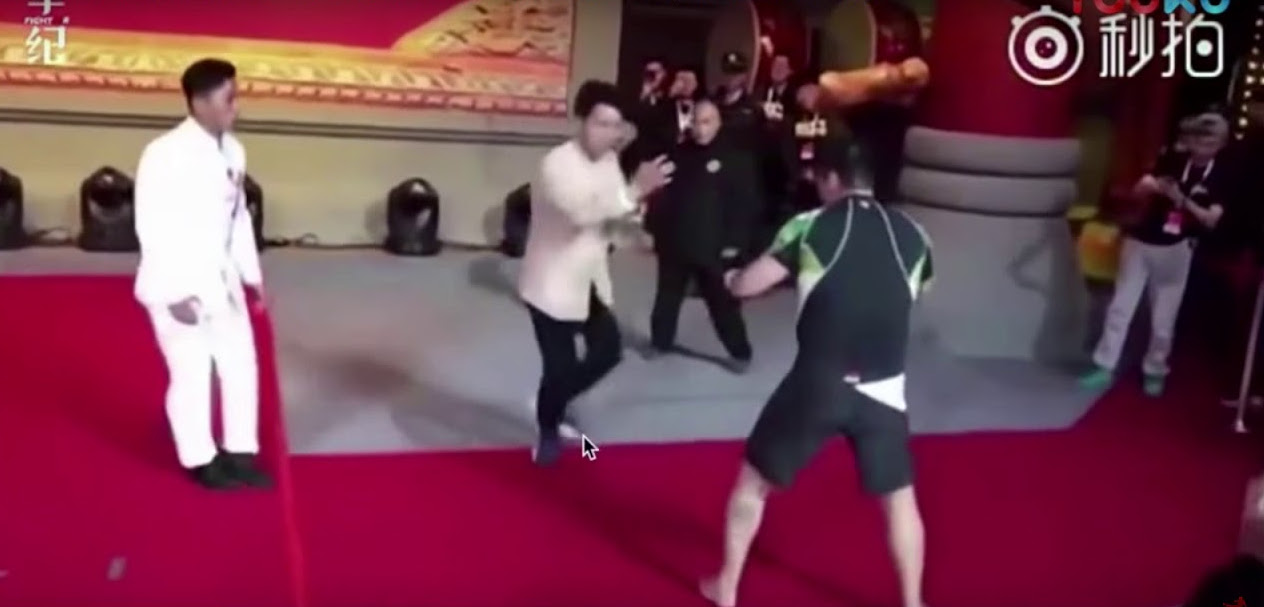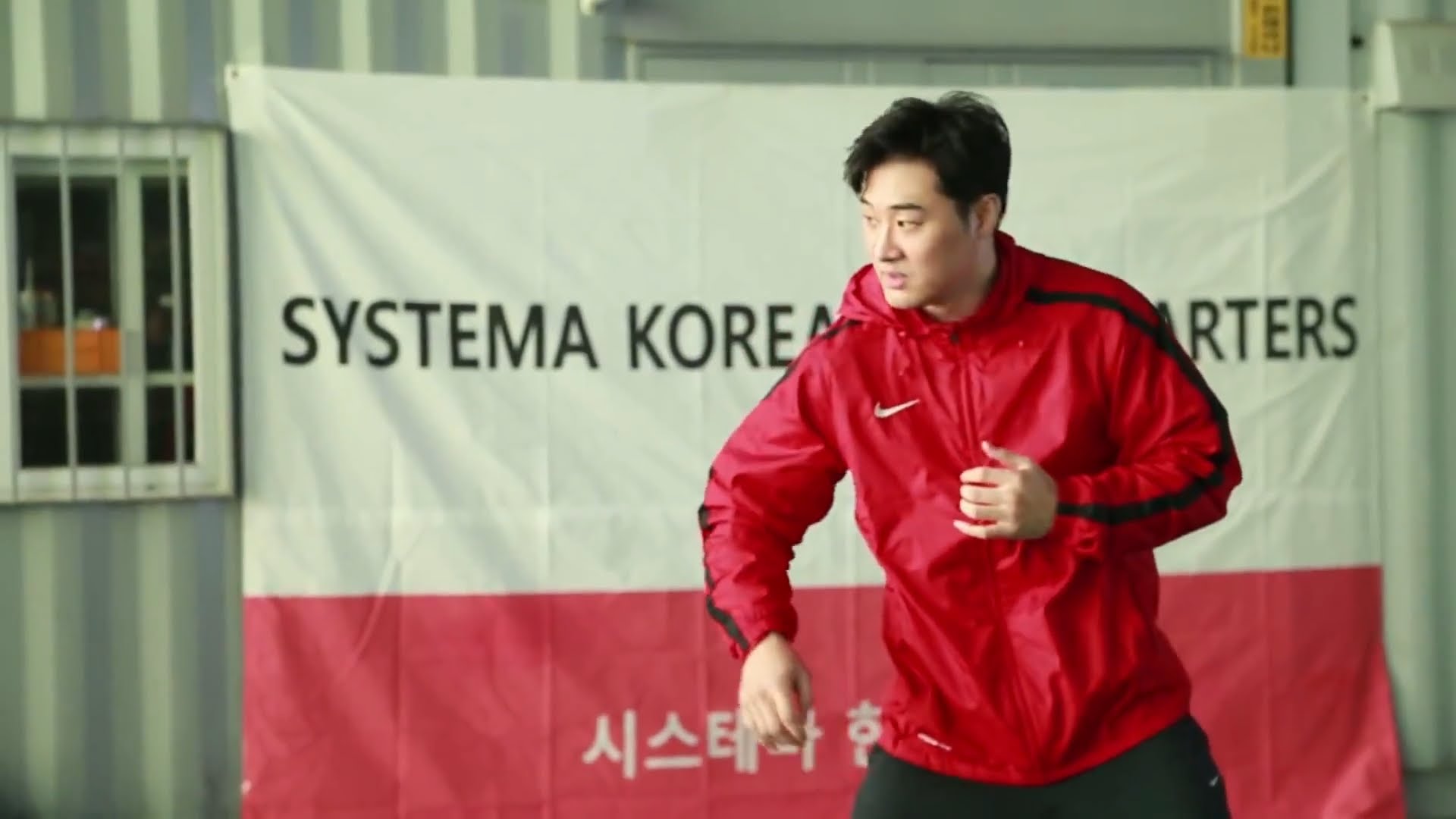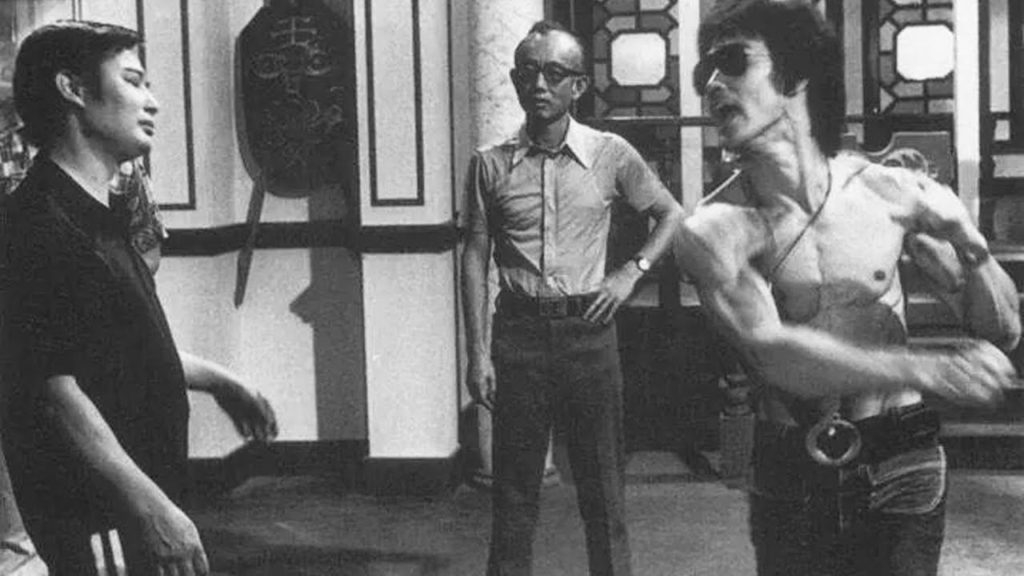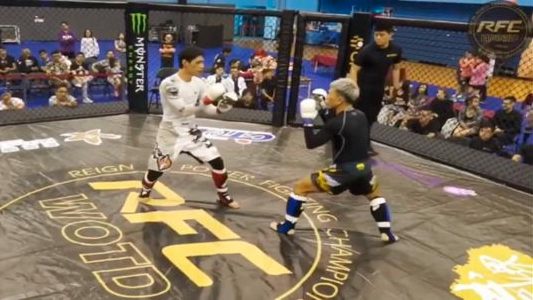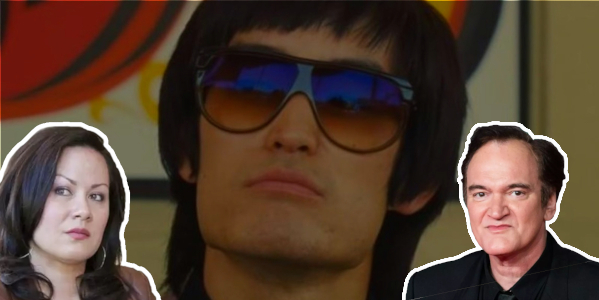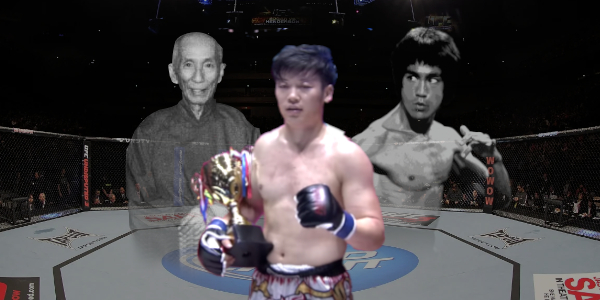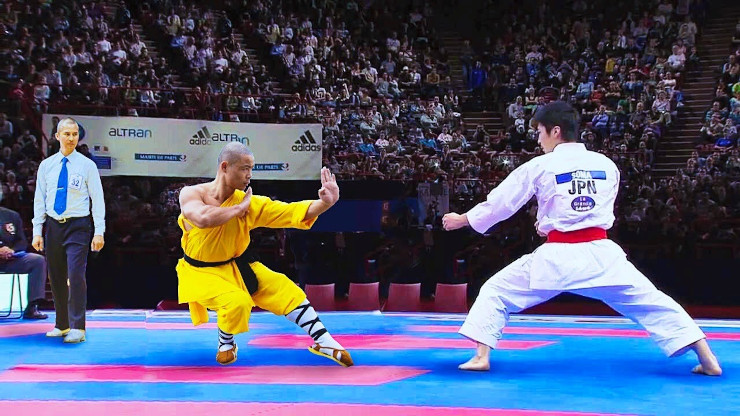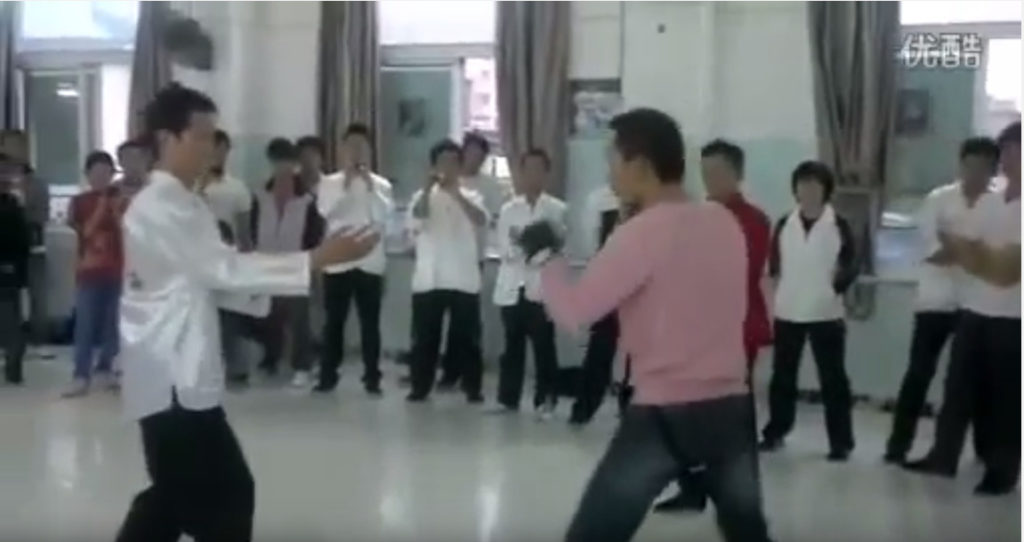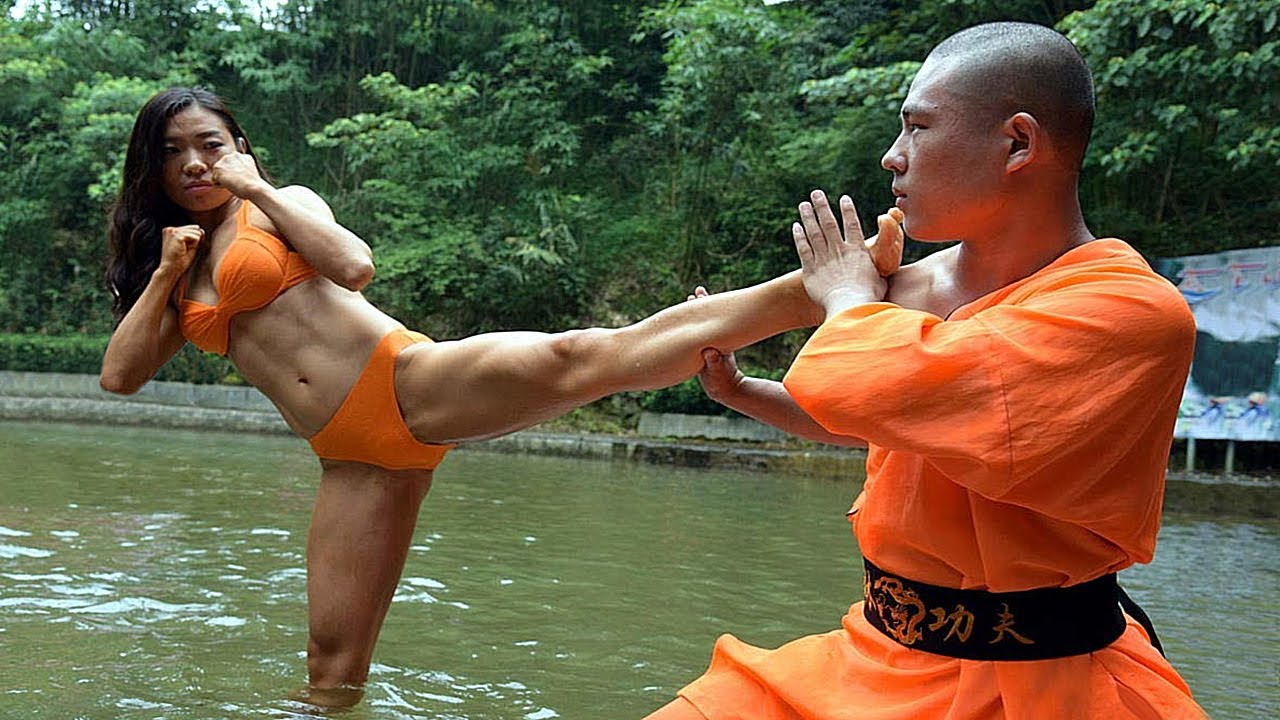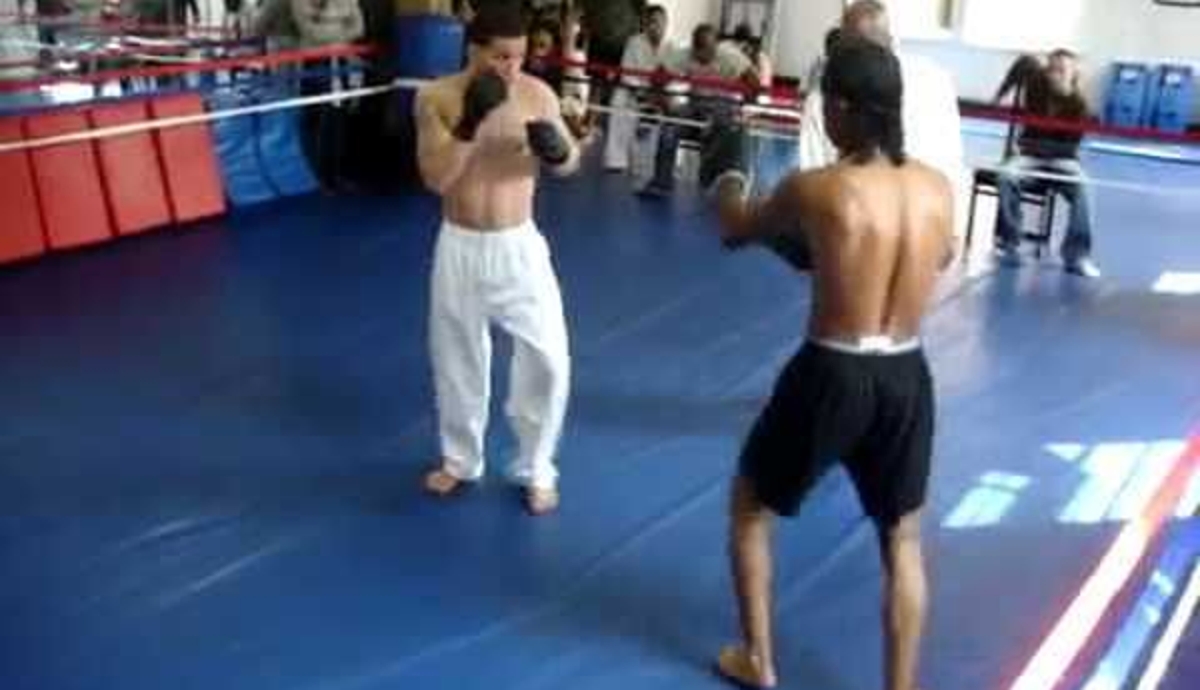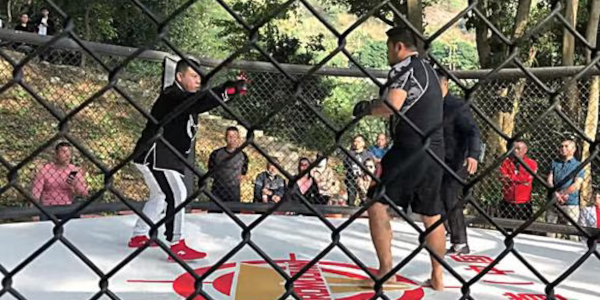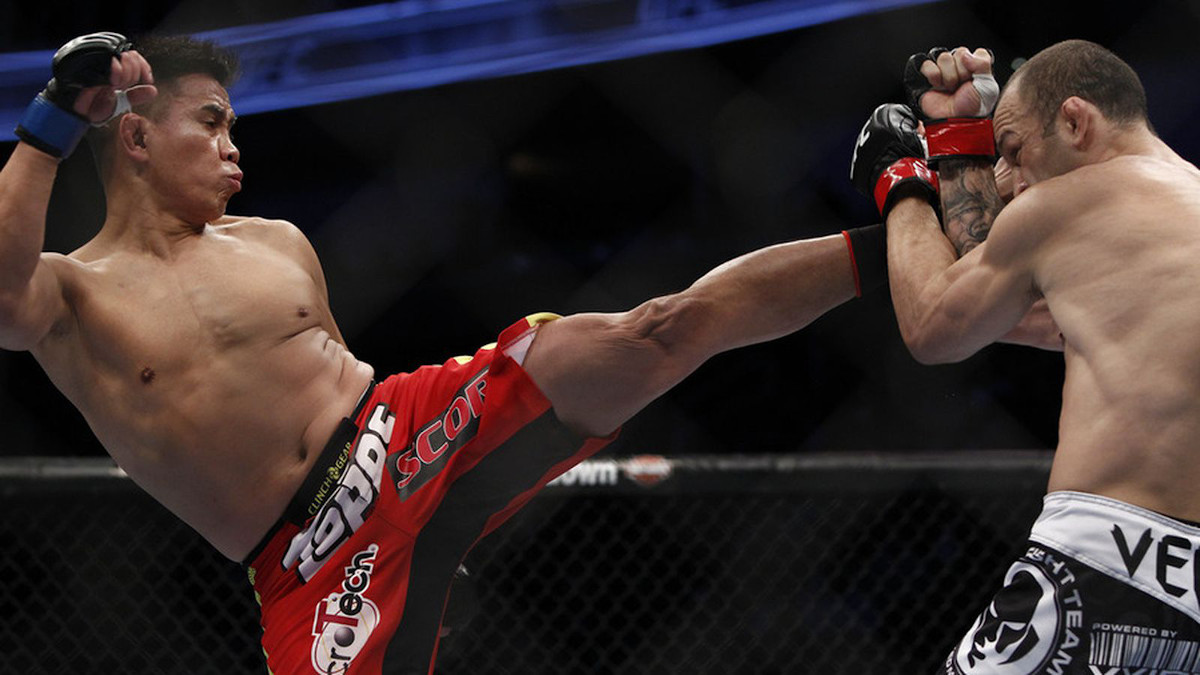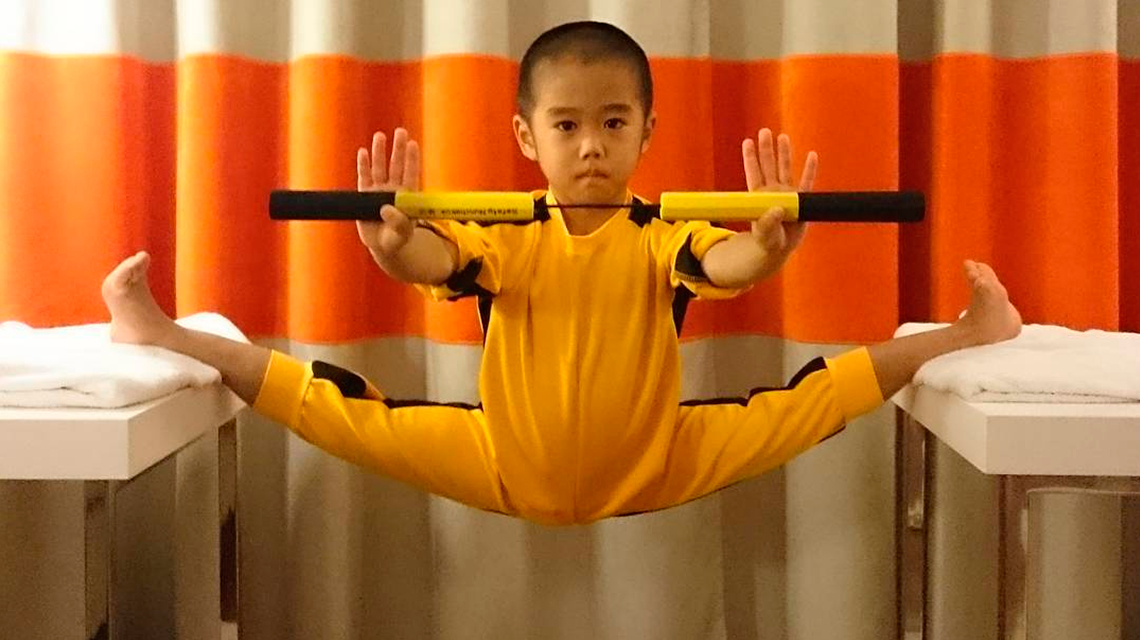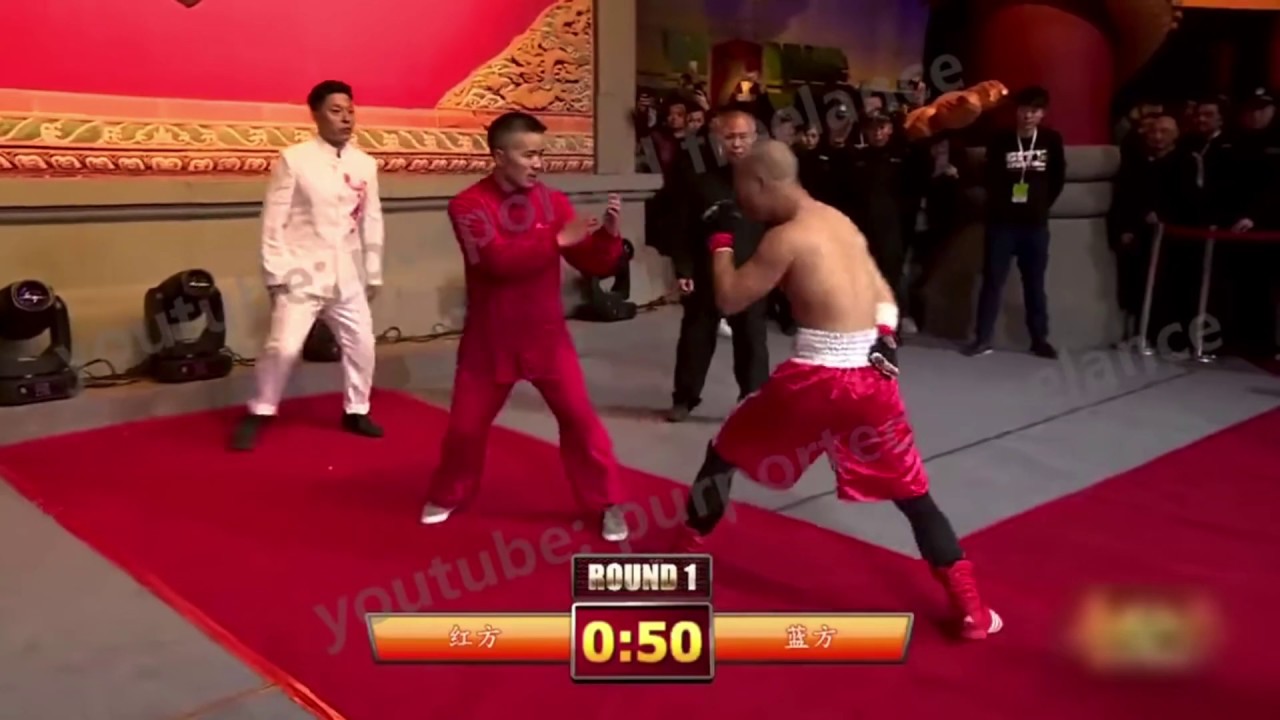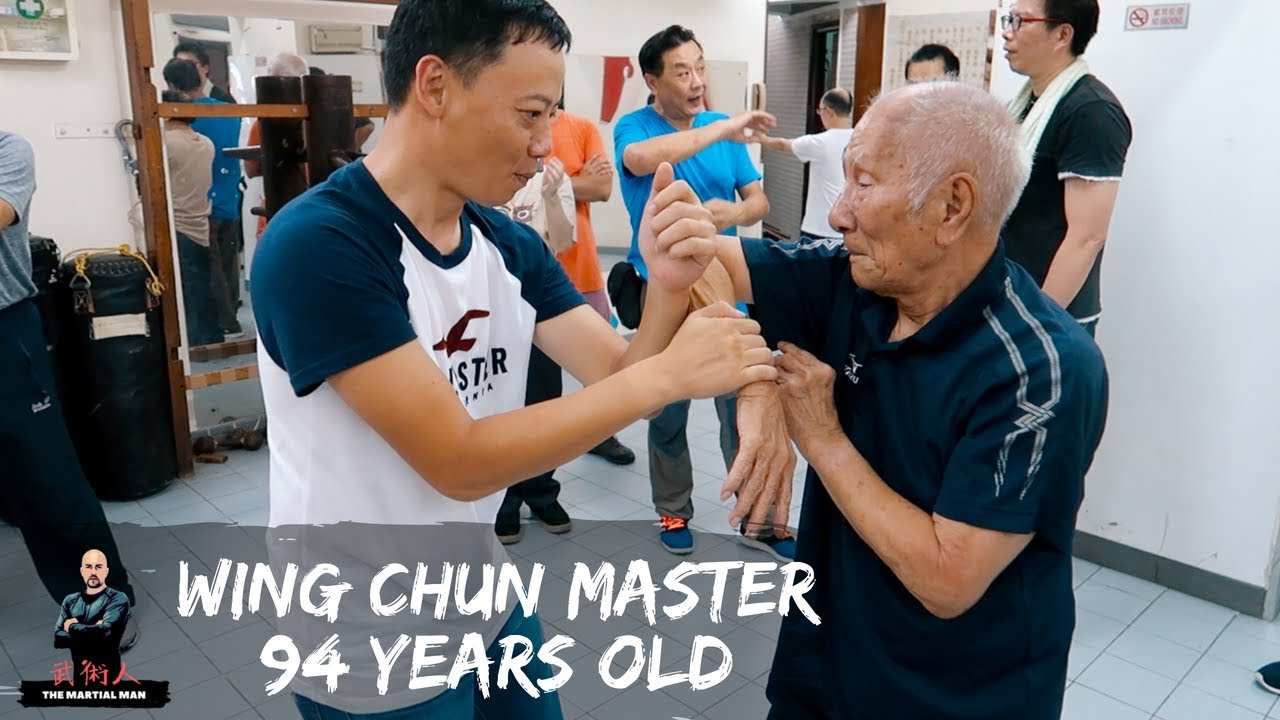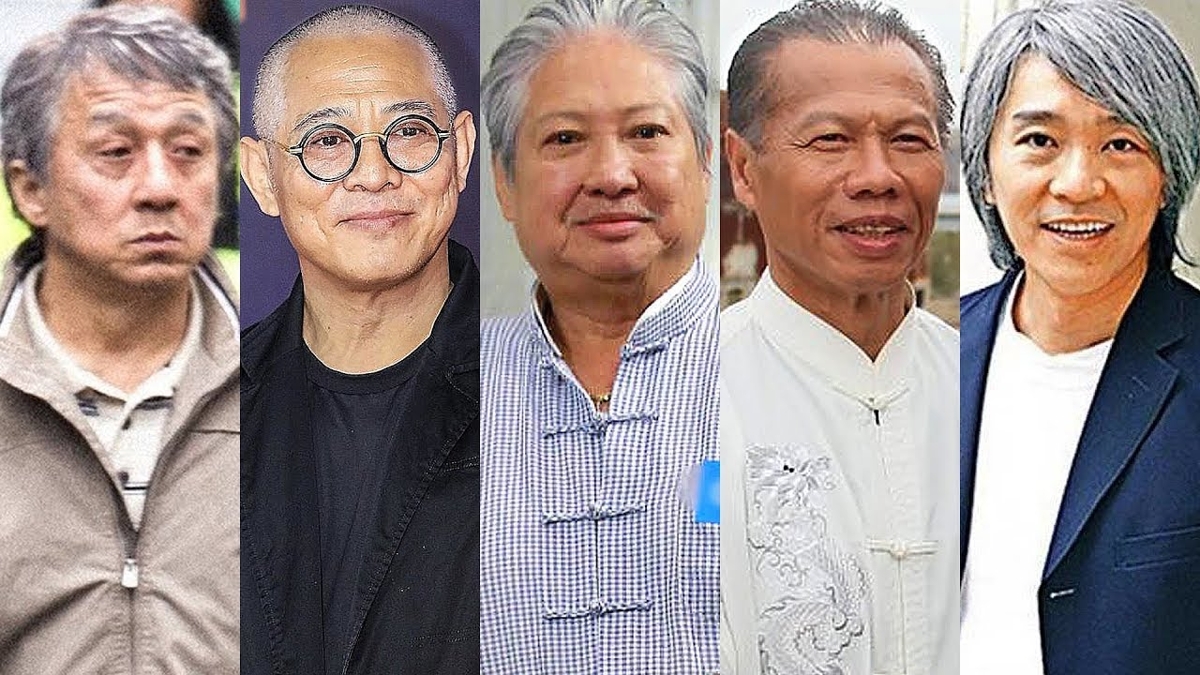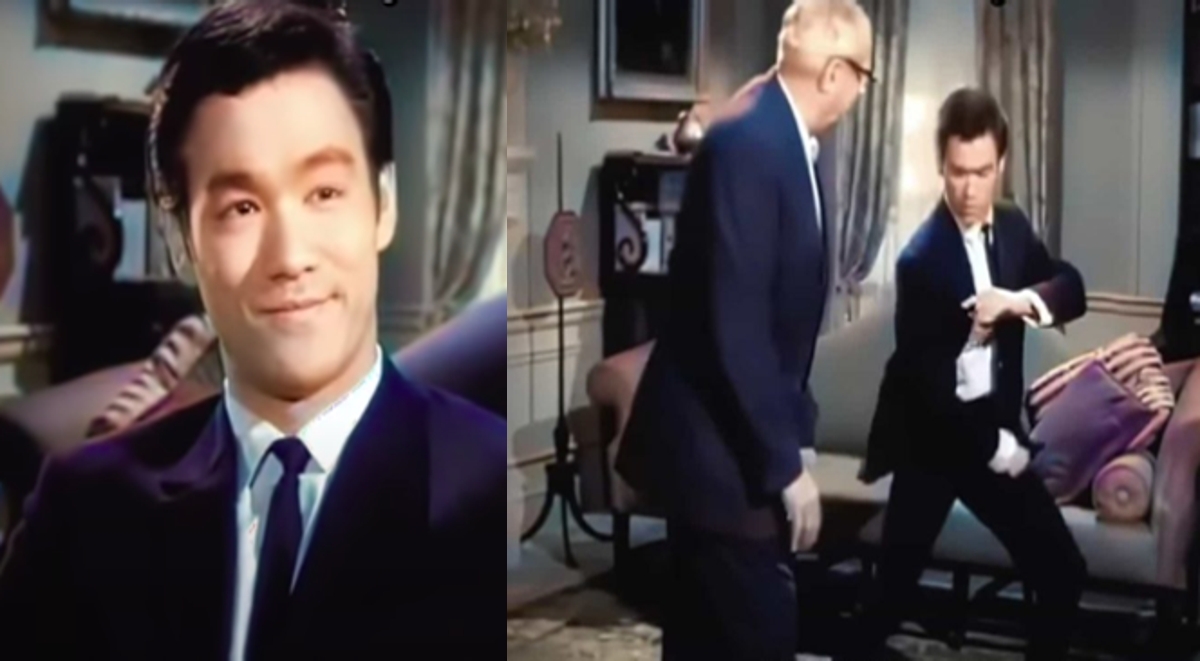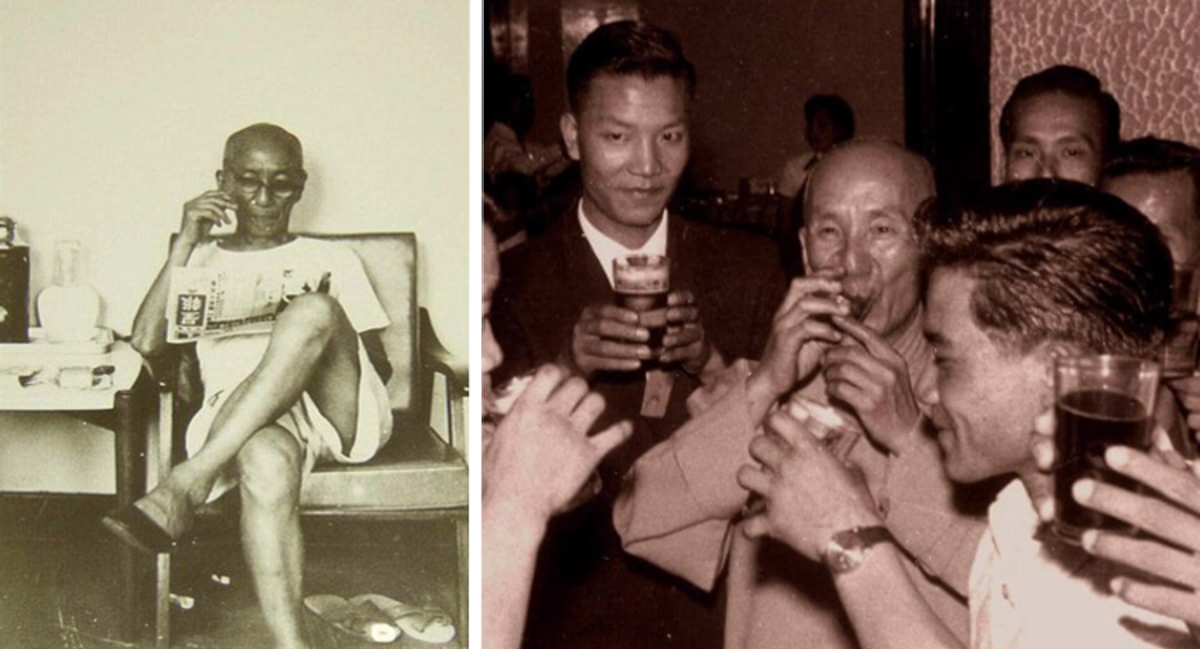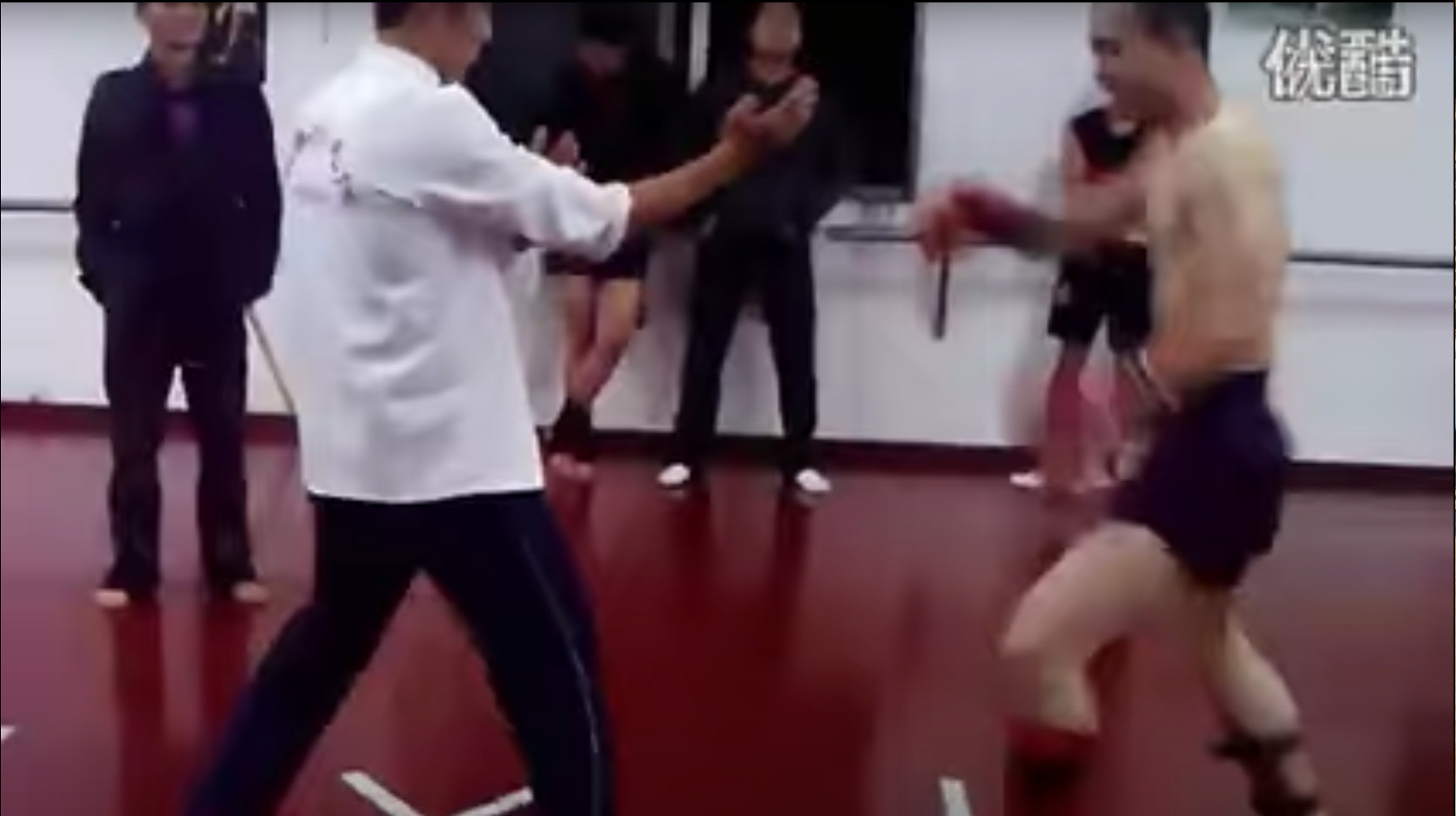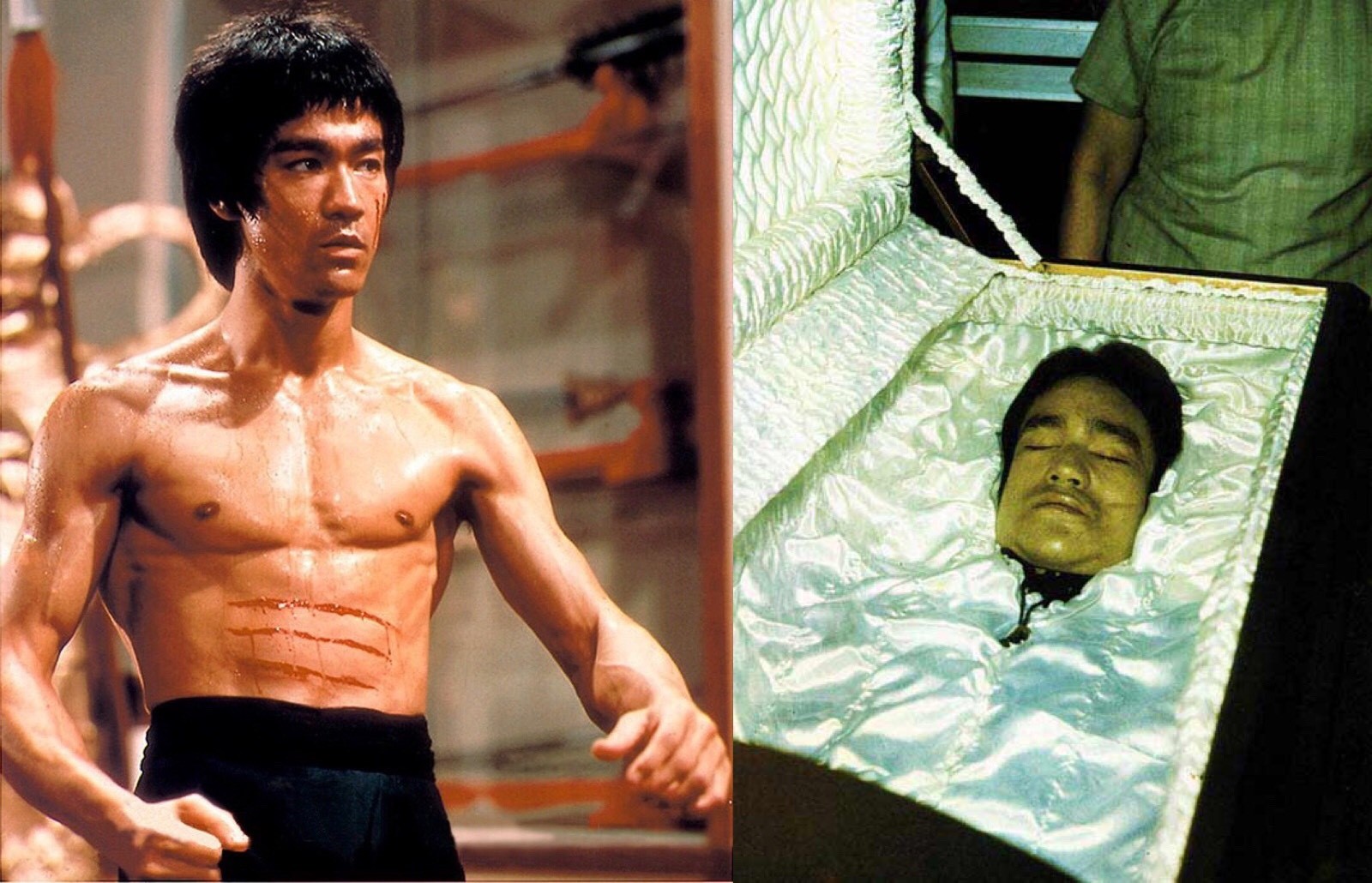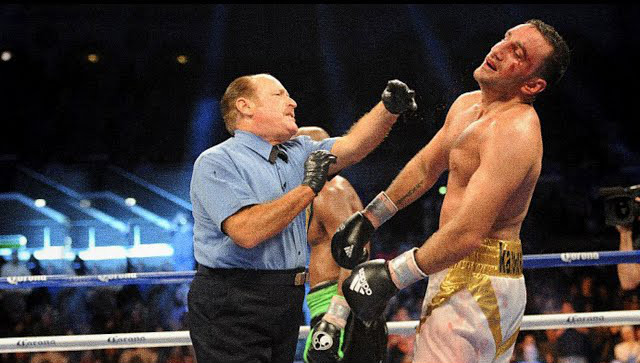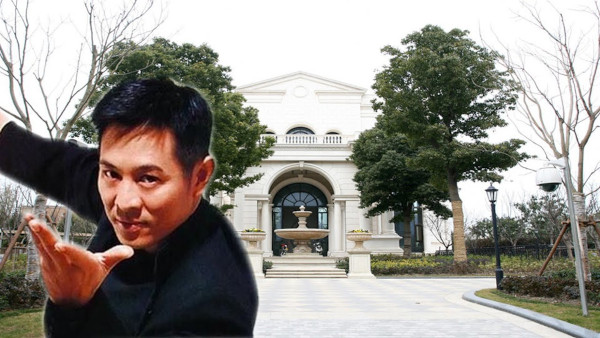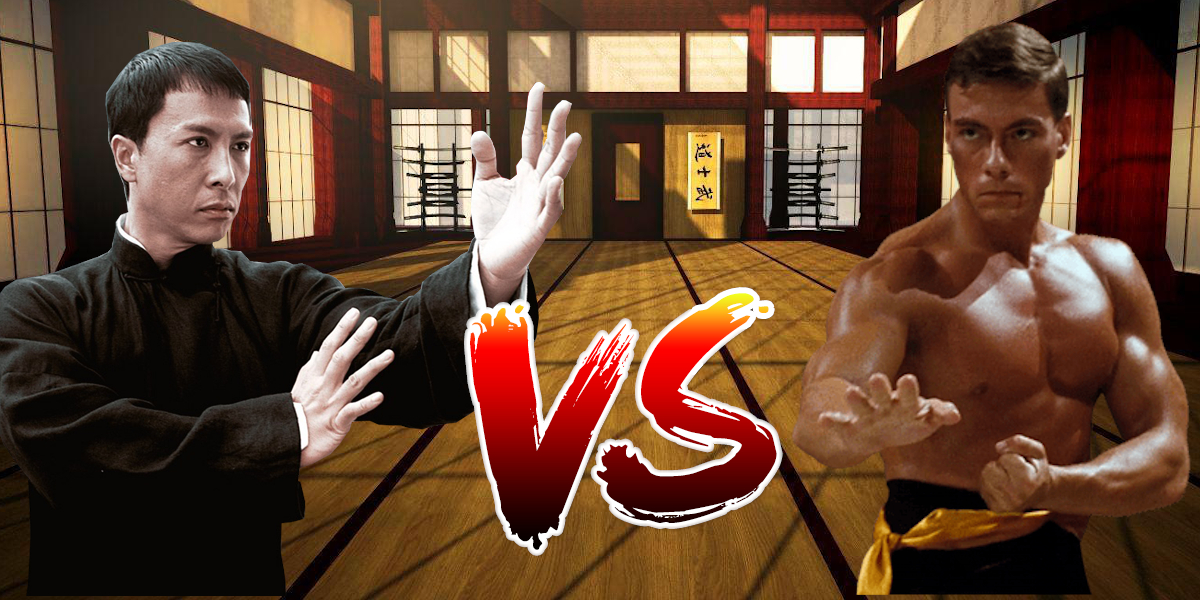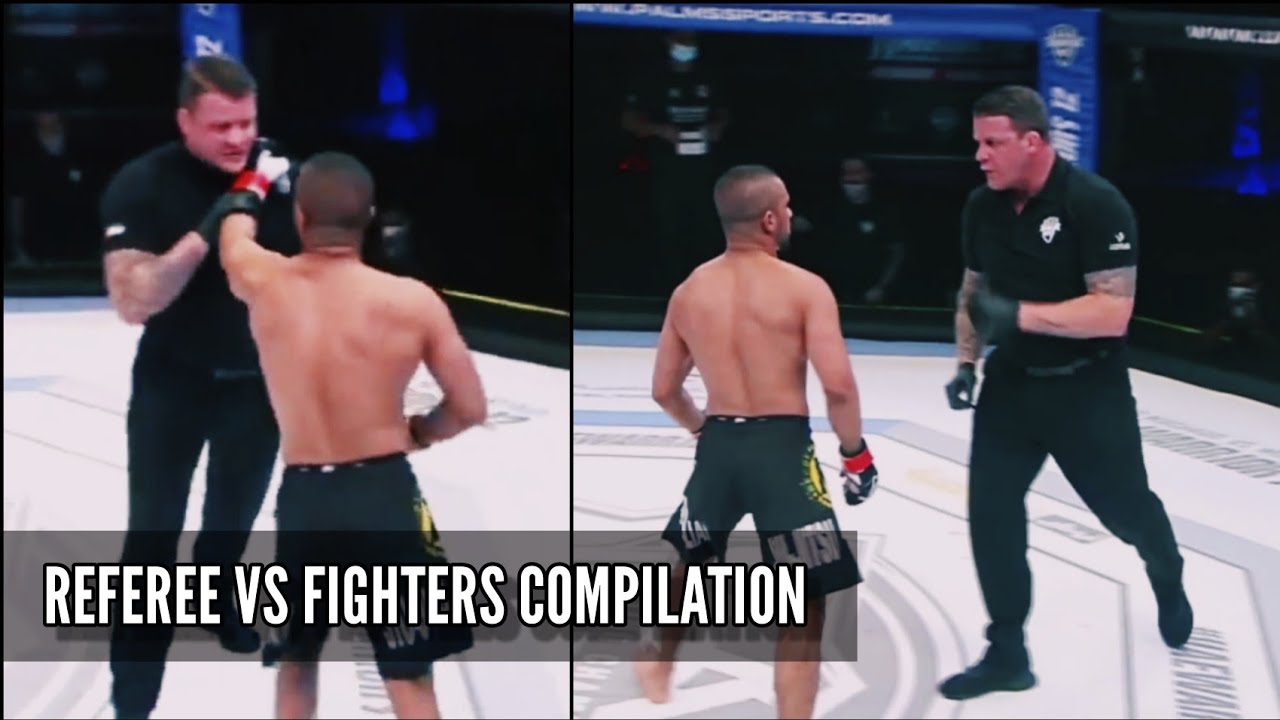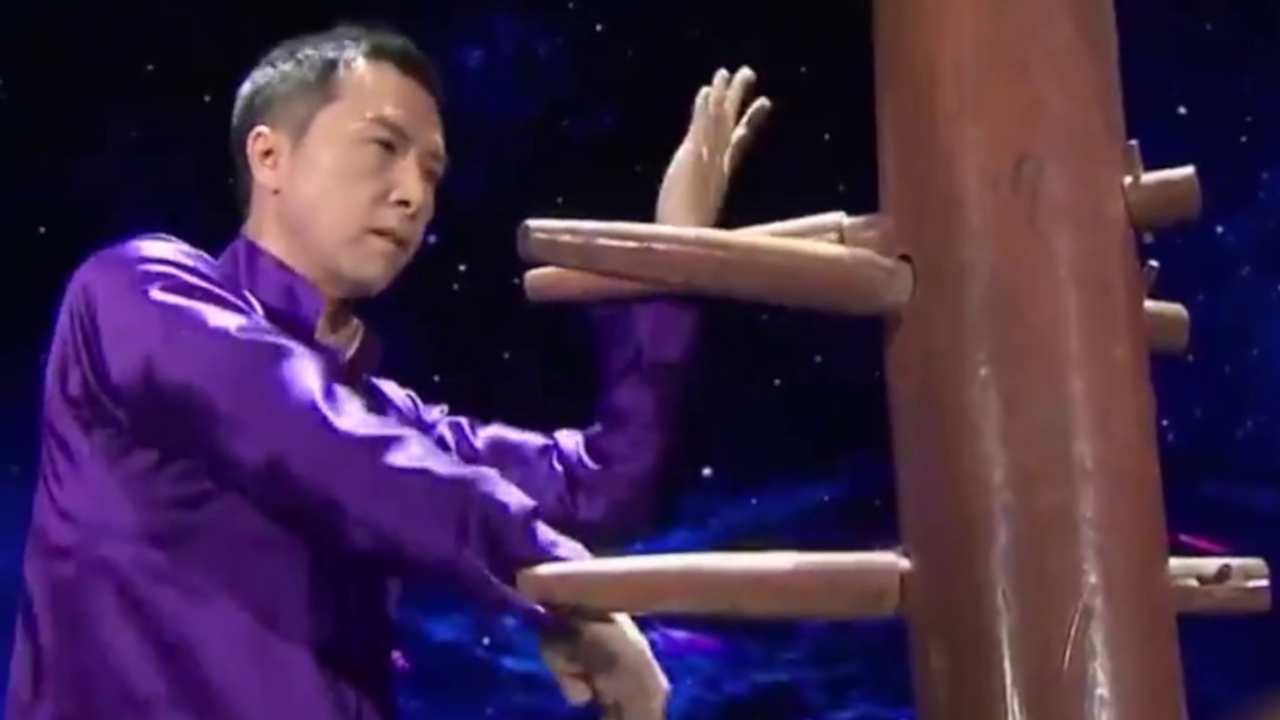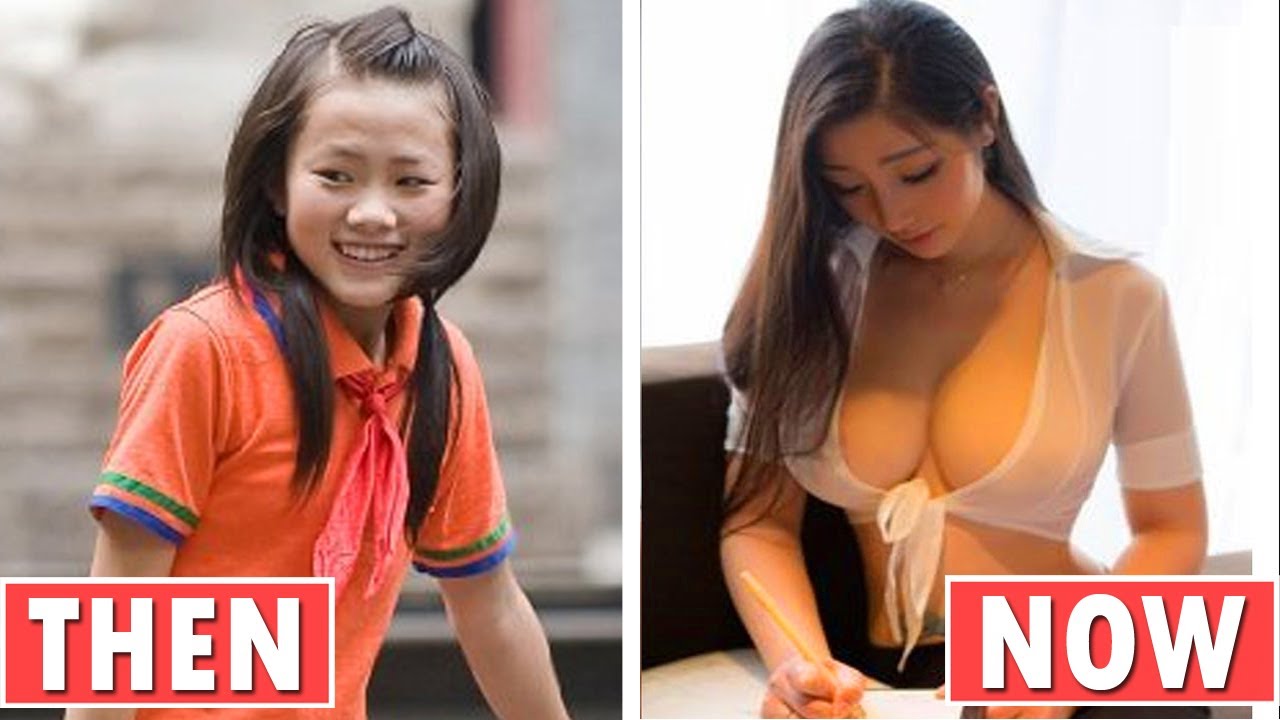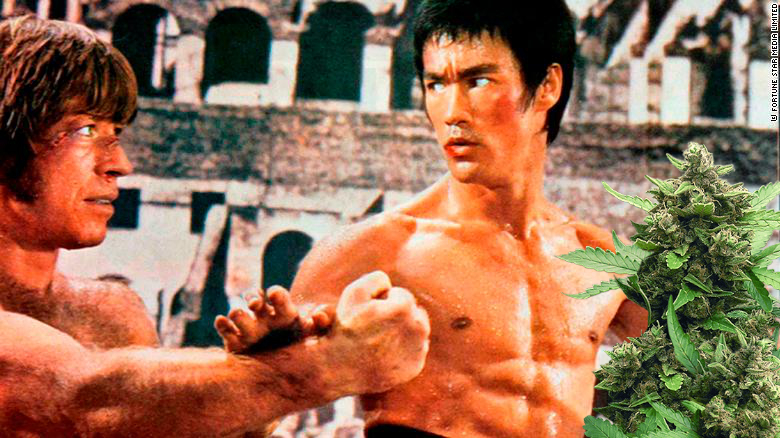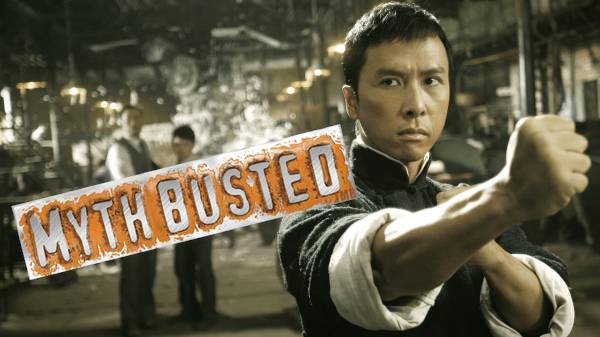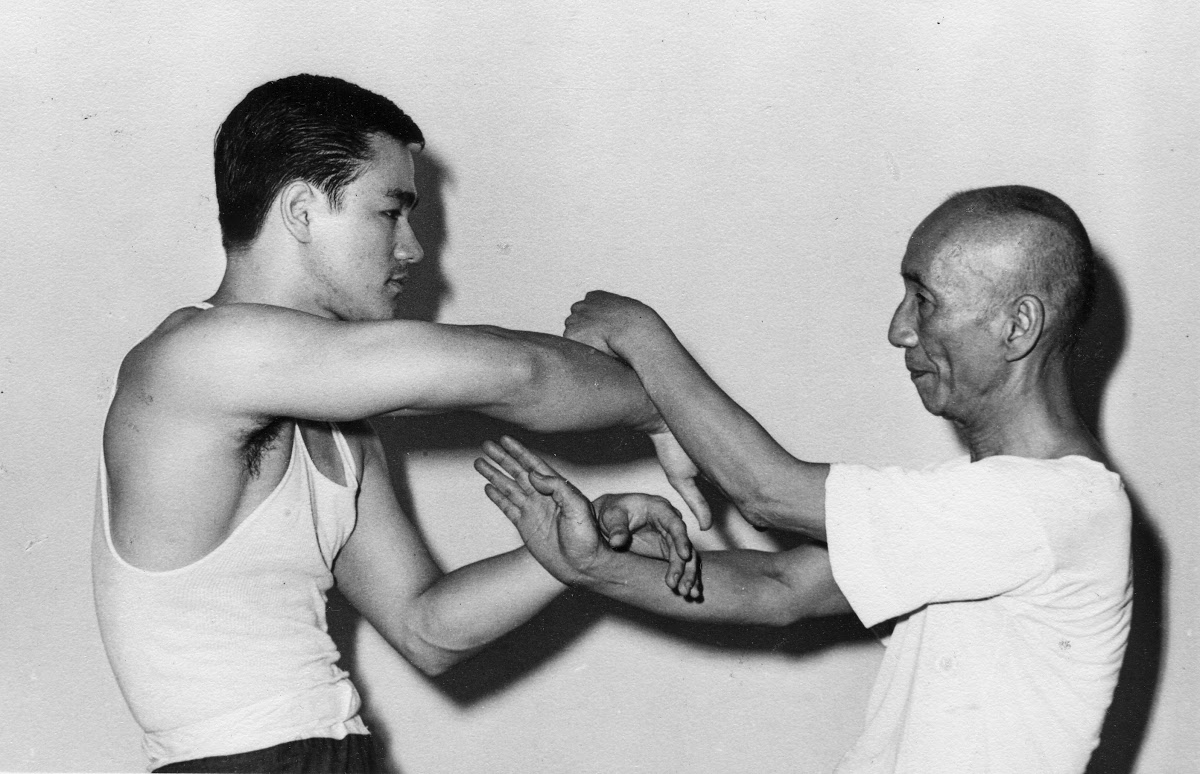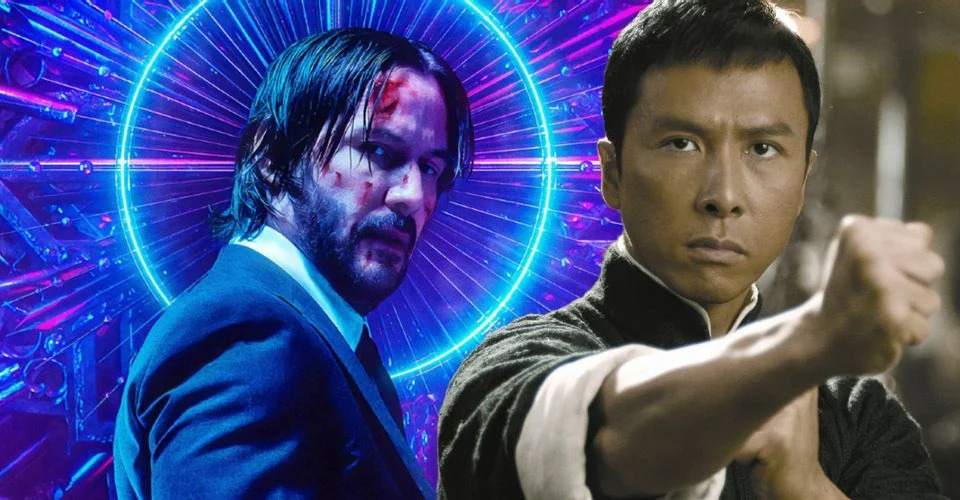Bruce Lee's Last Interview
Reading time: 4 minutes
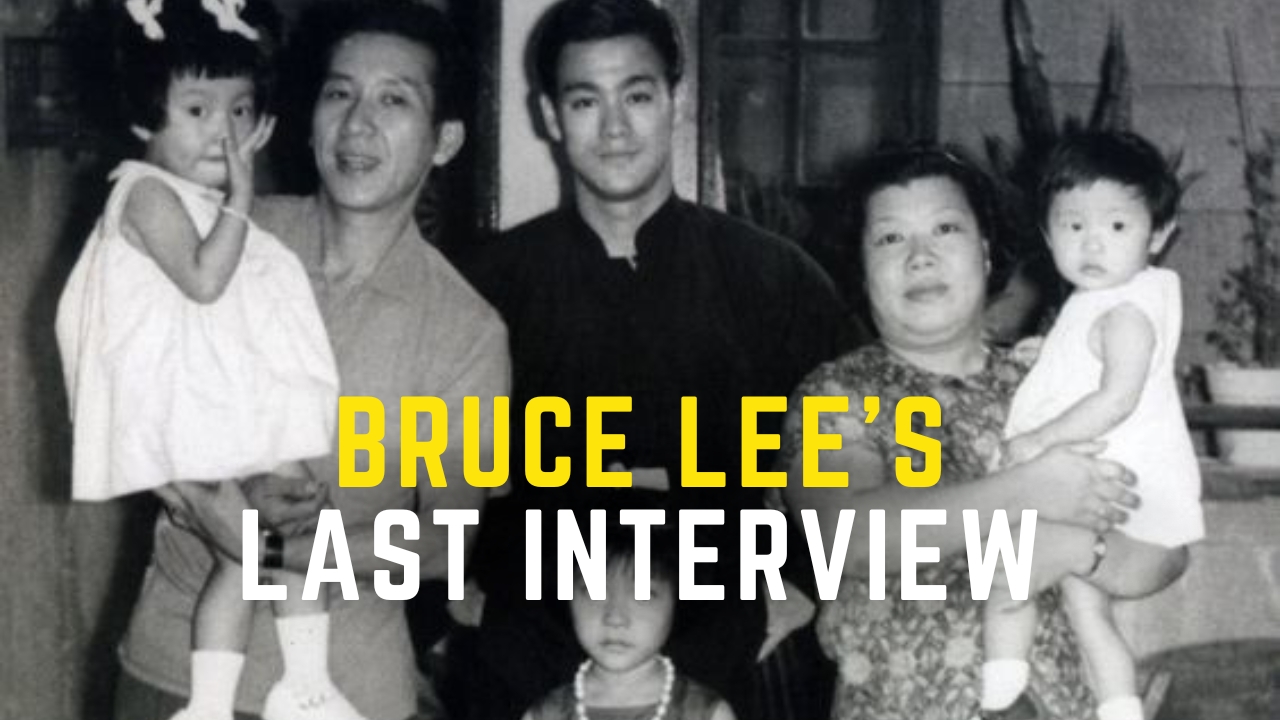
Bruce Lee was a martial arts legend who made a significant impact on the world of martial arts and popular culture. He was a man of great influence who developed his own unique approach to martial arts, known as Jeet Kune Do, and was known for his incredible speed and agility. Despite his short life, Bruce Lee made a tremendous impact on the world, and his legacy still lives on today.
In 1971, Bruce Lee sat down for a rare interview with journalist Pierre Berton, which was to be his last before his untimely death. The interview is a fascinating insight into the mind of one of the most iconic figures in the world of martial arts.
Bruce Lee's Last Interview: The Background
Bruce Lee was born in San Francisco in 1940, but spent most of his childhood in Hong Kong. His father was a famous Cantonese opera star, and Bruce Lee began acting in films at the age of six. In 1959, he moved back to the United States and studied philosophy at the University of Washington.
Bruce Lee's passion for martial arts began at a young age, and he started training in Wing Chun Kung Fu in Hong Kong. He quickly became known for his skill and speed and went on to develop his own unique style of martial arts, which he called Jeet Kune Do. Bruce Lee's approach was heavily influenced by his philosophical and spiritual beliefs, and he saw martial arts as a means of self-expression and personal development.
Bruce Lee's Last Interview: The Content

In his last interview with Pierre Berton, Bruce Lee discussed a wide range of topics, including his upbringing, his views on race and prejudice, and his philosophy on martial arts. He also shared his thoughts on the limitations of traditional martial arts and his vision for a more adaptable and efficient form.
Bruce Lee discussed his upbringing in Hong Kong, his experiences as a child actor, and his move to the United States. He talked about the challenges he faced as an Asian-American in Hollywood and how he was determined to break down racial barriers.
Bruce Lee was known for his philosophy of using martial arts as a means of personal development and self-expression. He believed that martial arts should not be limited by traditional forms and techniques but should be adaptable and flexible. He developed his own unique approach, Jeet Kune Do, which emphasized simplicity, efficiency, and directness.
During the interview, Bruce Lee also discussed his views on race and prejudice. He spoke about the challenges he faced as an Asian-American in Hollywood and how he was determined to break down racial barriers. He believed that martial arts could help bring people together and break down stereotypes.
Bruce Lee's Last Interview: The Legacy
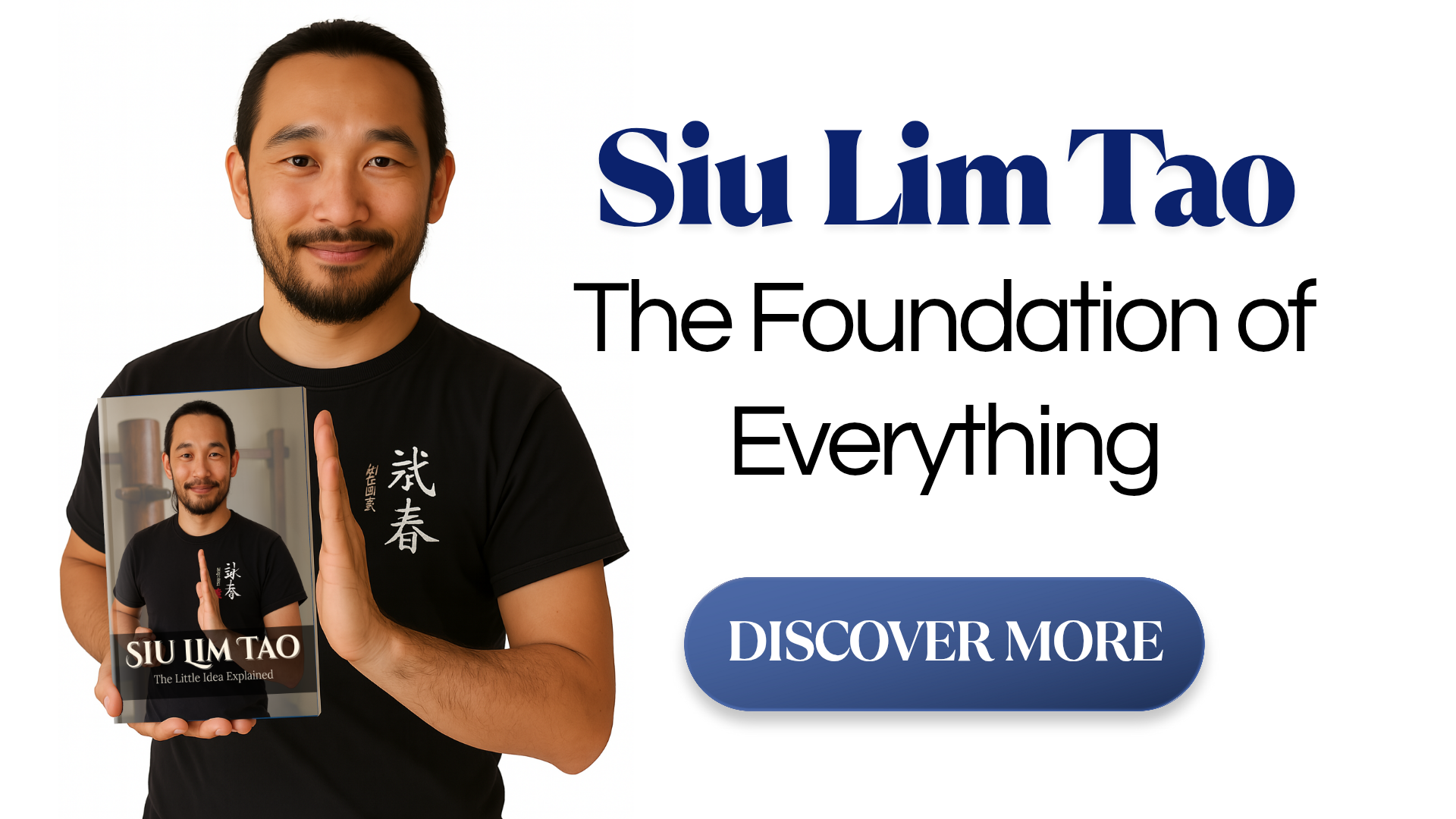
Bruce Lee's last interview offers a unique glimpse into the mind of one of the most iconic figures in the world of martial arts. His philosophy on martial arts, personal development, and racial harmony still resonates with people today.
Bruce Lee's impact on popular culture has been immense, and his influence can be seen in films, television, music, and fashion. He was a trailblazer who broke down barriers and paved the way for future generations of Asian-American actors and martial artists.
Bruce Lee's untimely death in 1973 at the age of 32 was a great loss to the world of martial arts and popular culture. However, his legacy lives on, and his last interview is a powerful reminder of his enduring influence and impact.
Conclusion
Bruce Lee was a martial arts legend who left an indelible mark on the world of martial arts and popular culture. His last interview with Pierre Berton offers a fascinating insight into his philosophy on martial arts, personal development, and racial harmony. Bruce Lee's impact on popular culture continues to this day, and his legacy serves as an inspiration to future generations of martial artists
Thank you. Your comment will be approved shortly.
Comments
Thank you. Your comment will be approved shortly.
Thank you. Your comment will be approved shortly.
Thank you. Your comment will be approved shortly.
Thank you. Your comment will be approved shortly.
Thank you. Your comment will be approved shortly.
Thank you. Your comment will be approved shortly.

